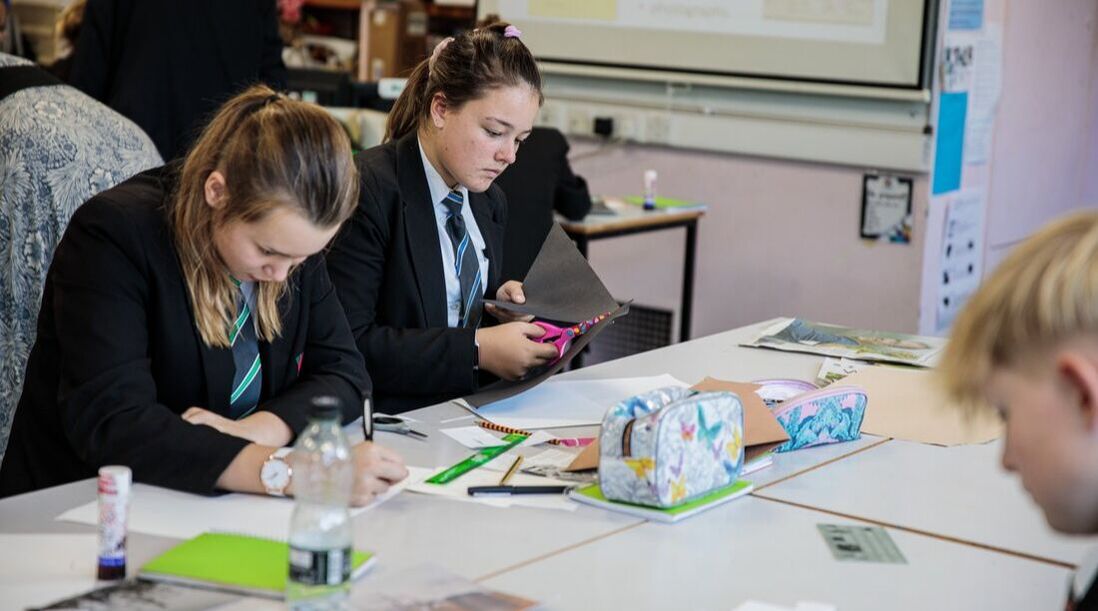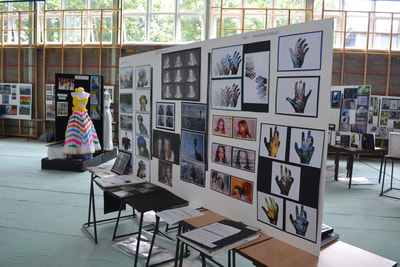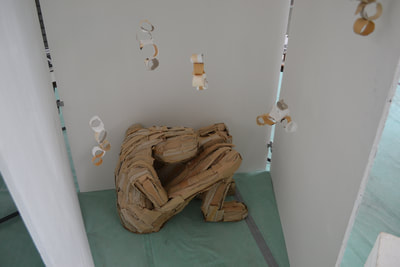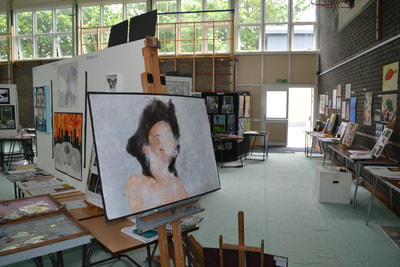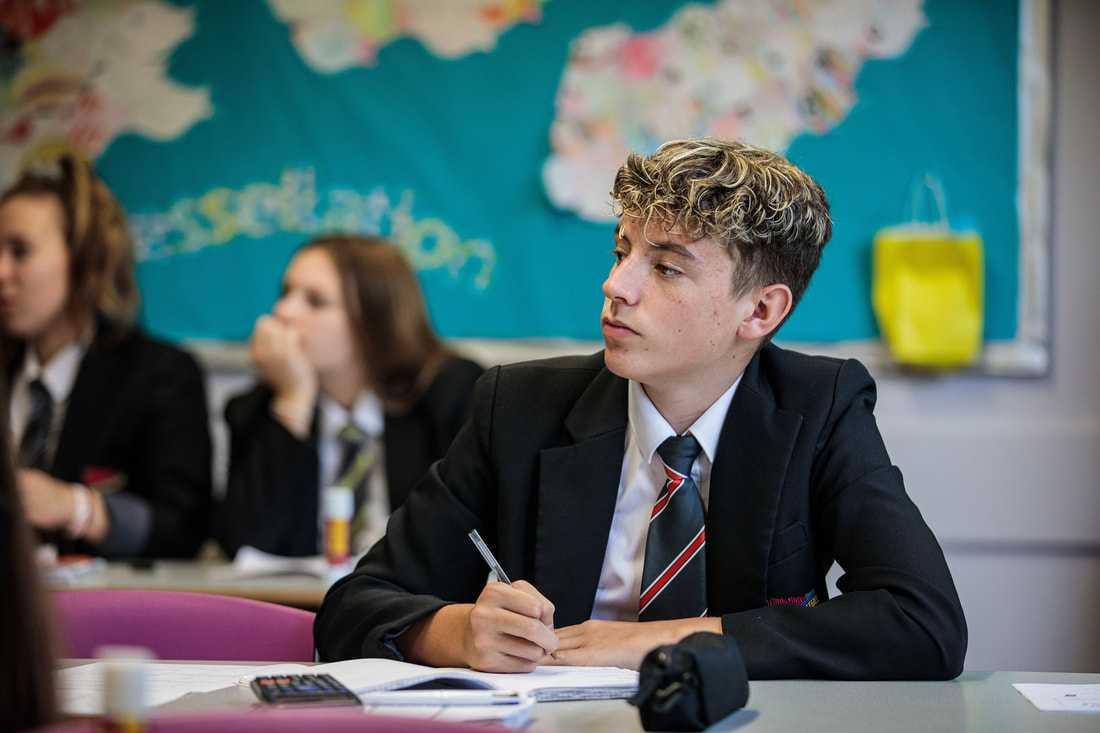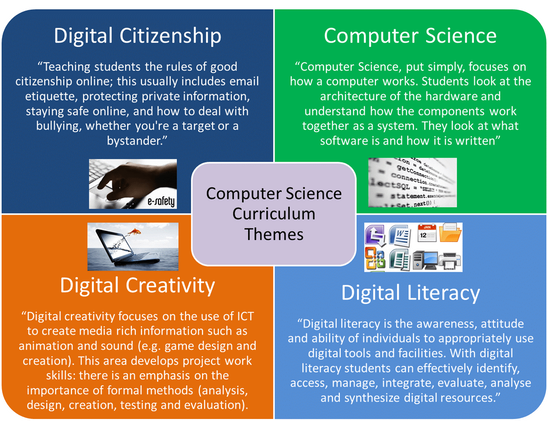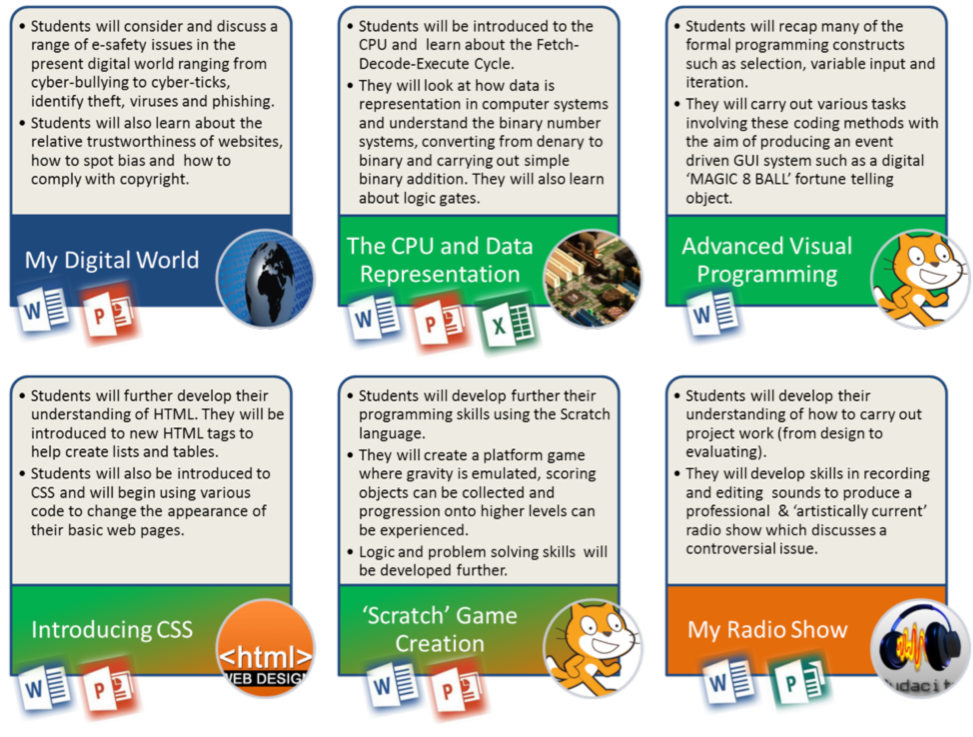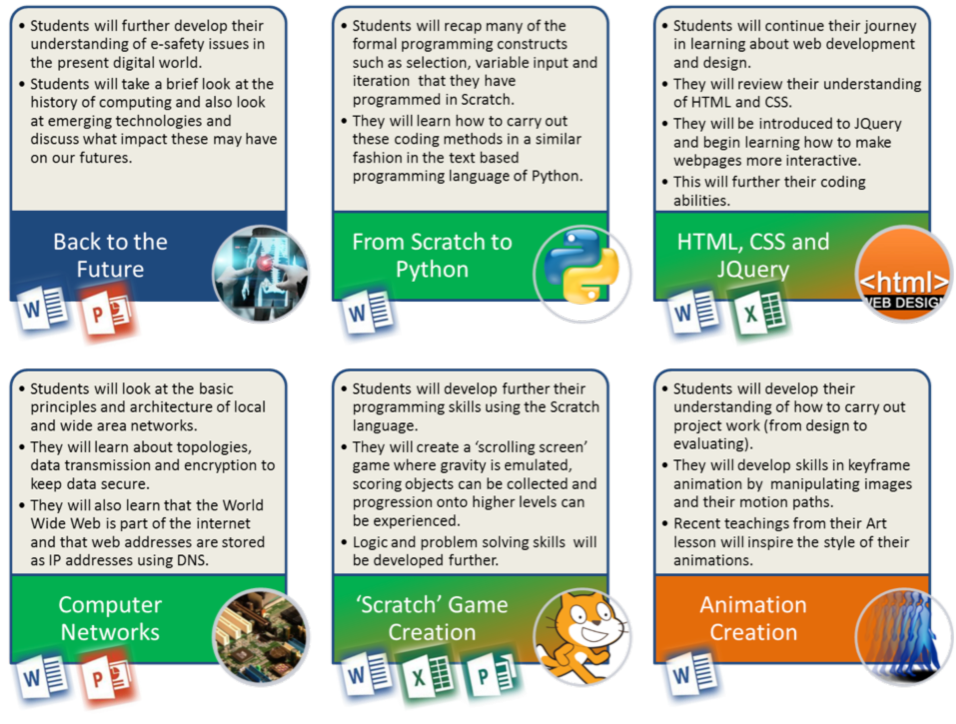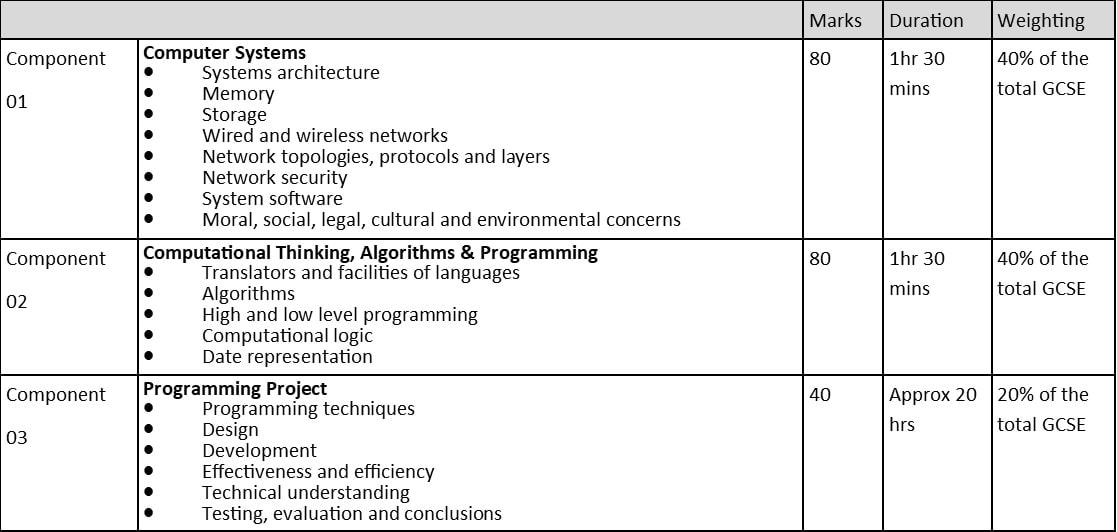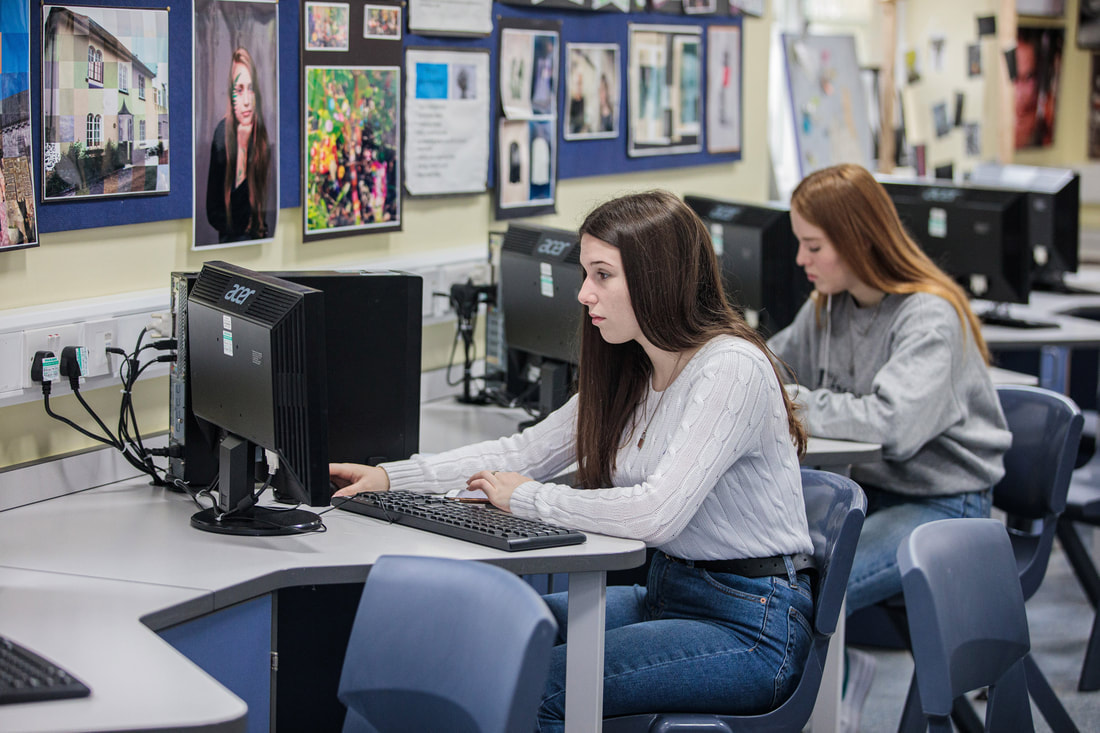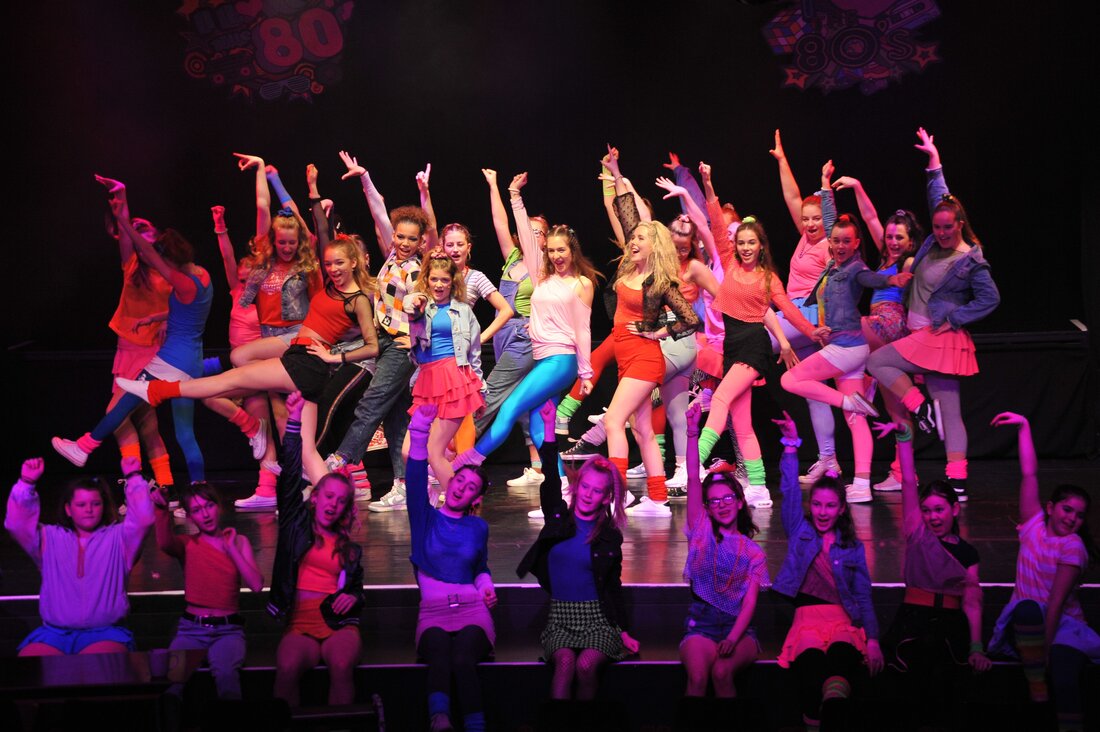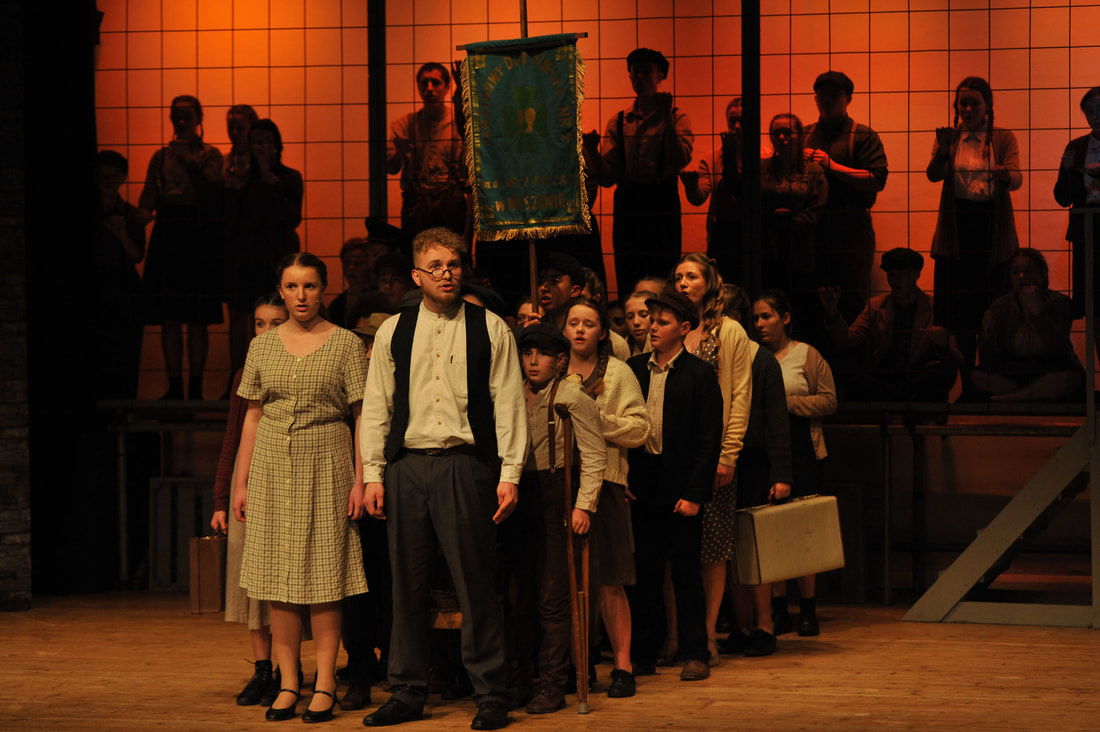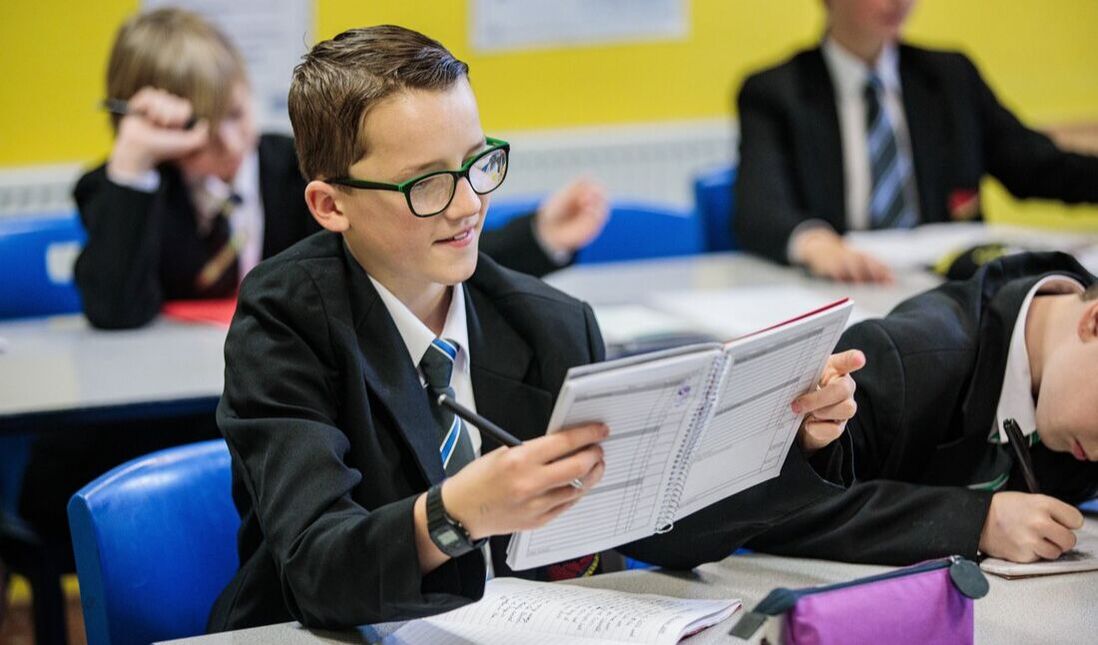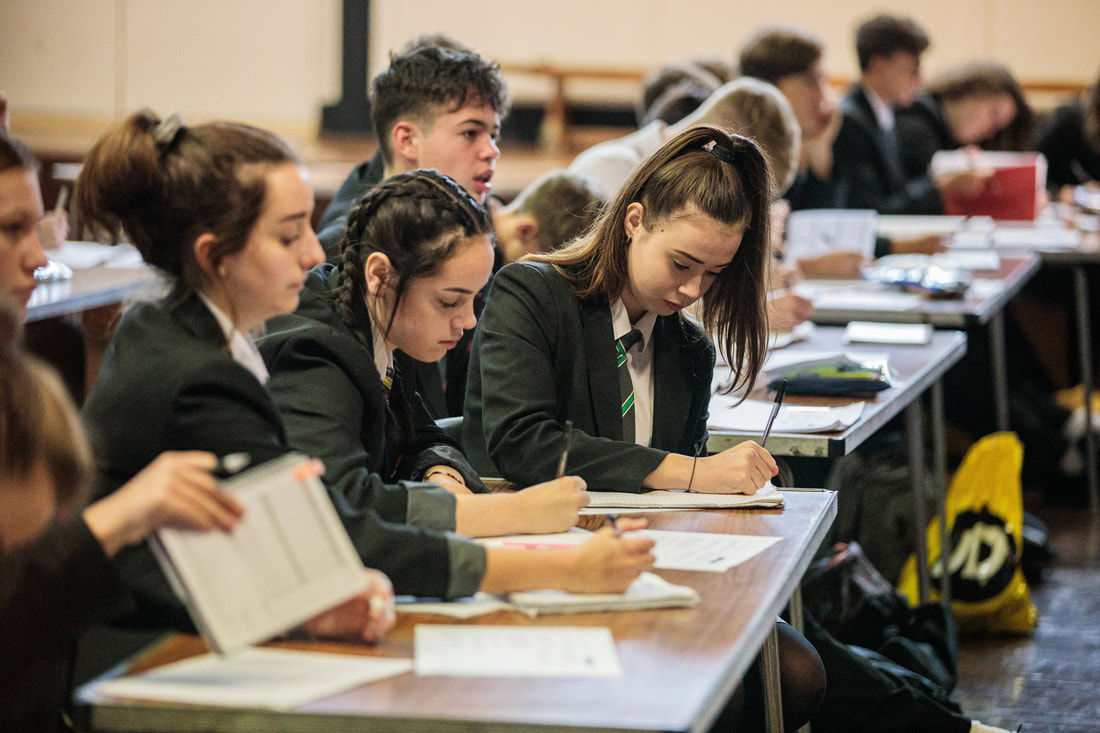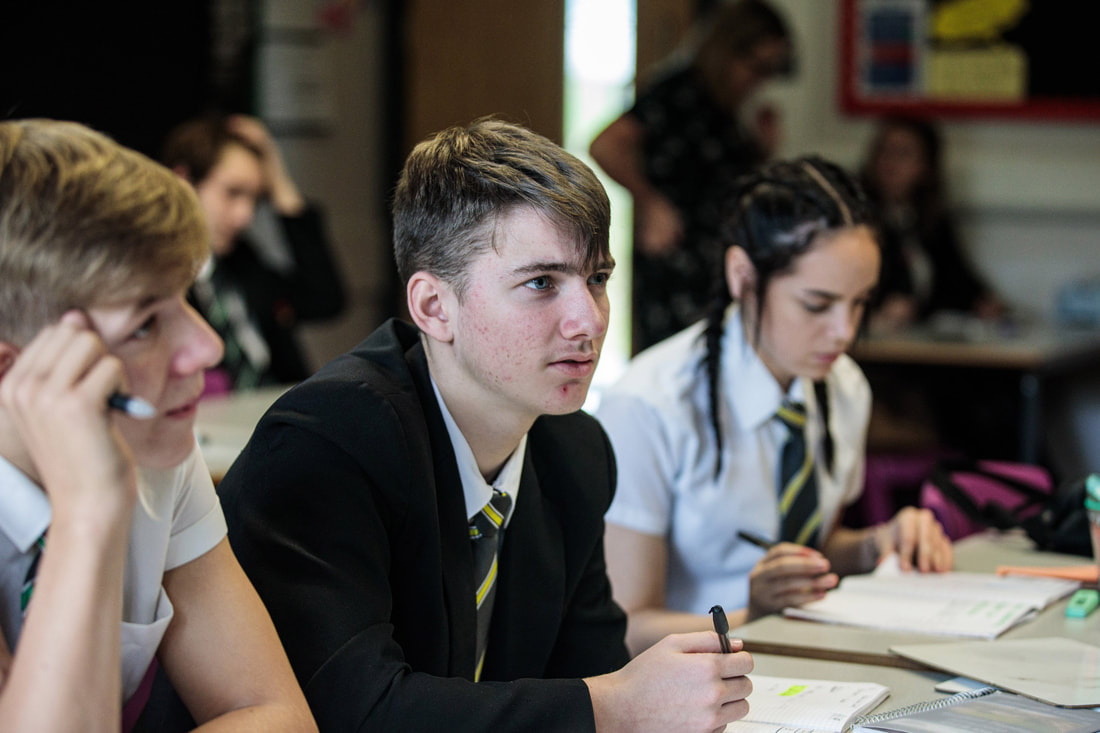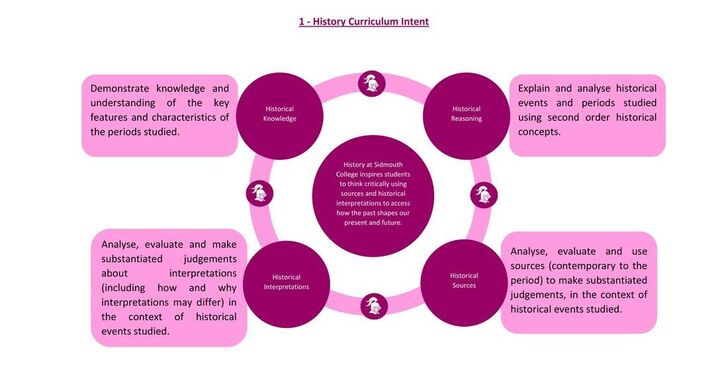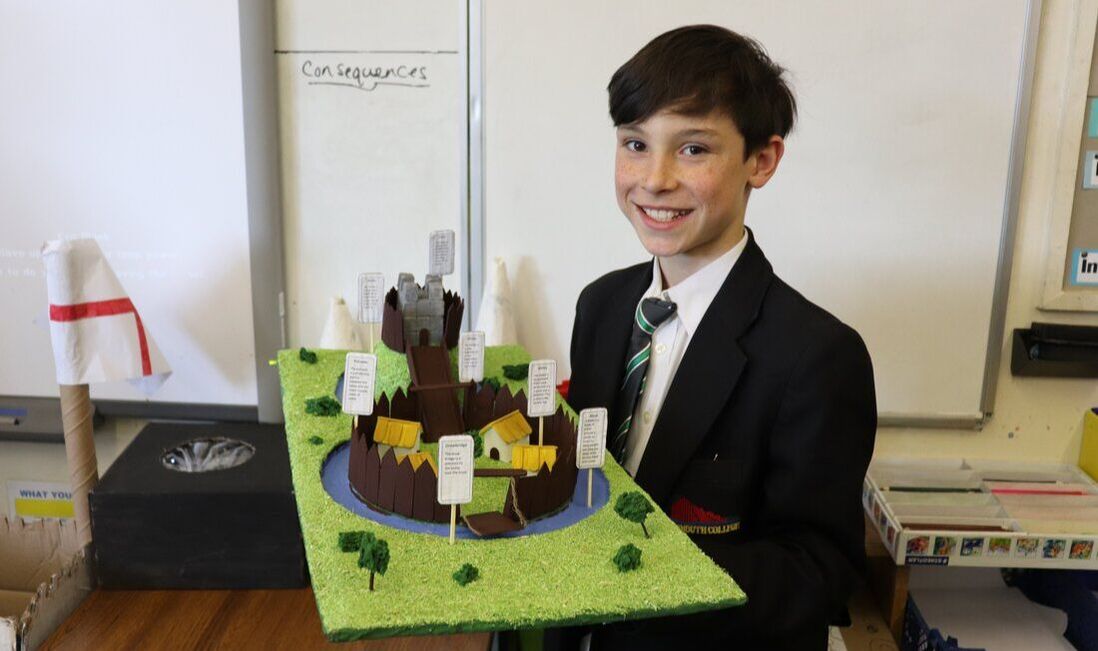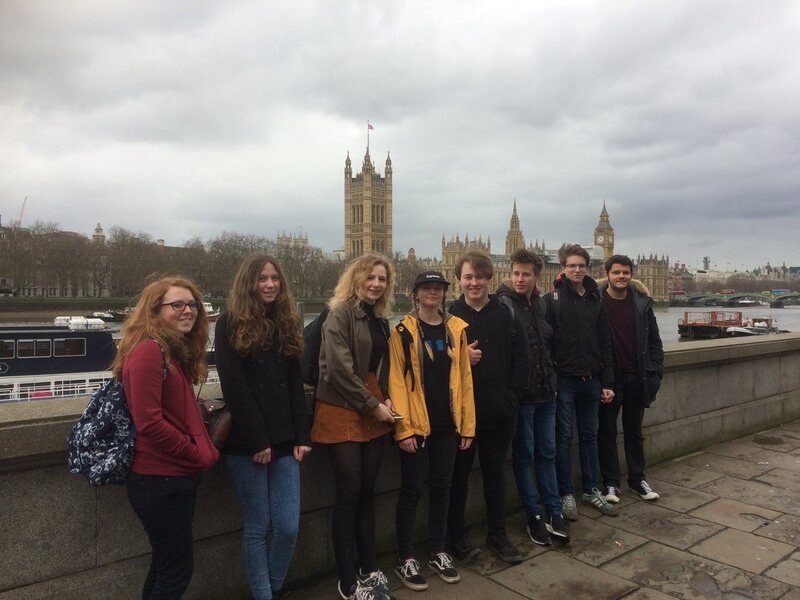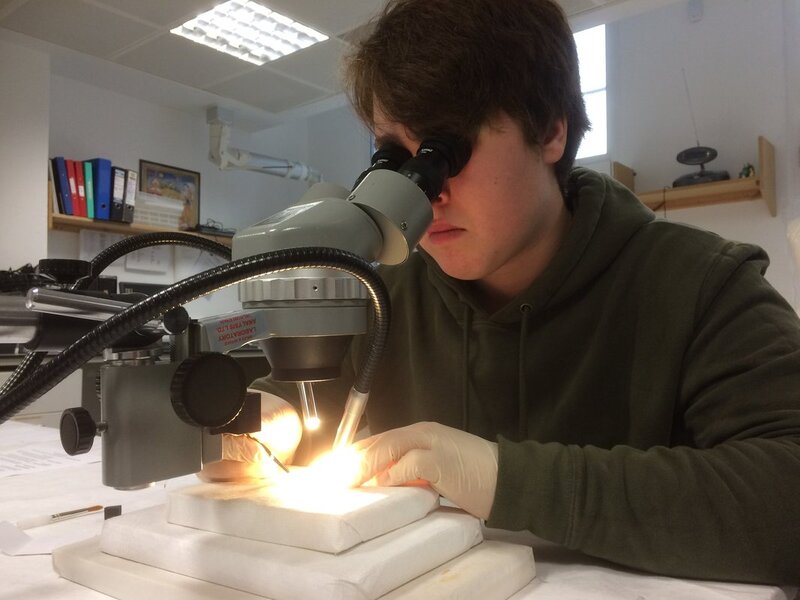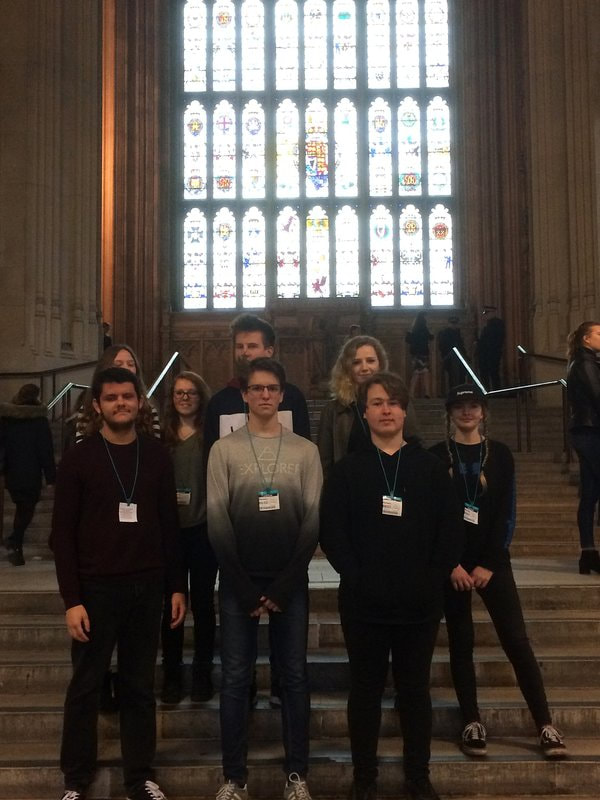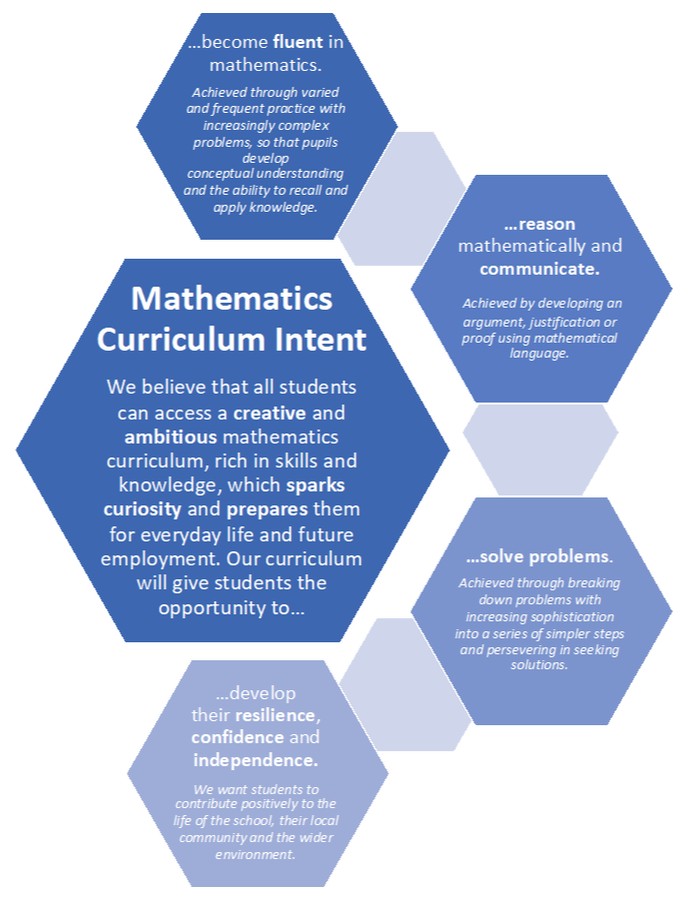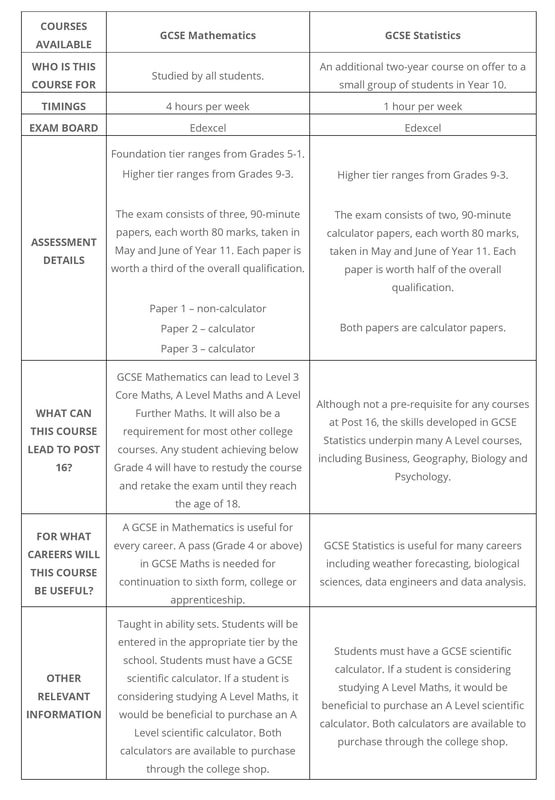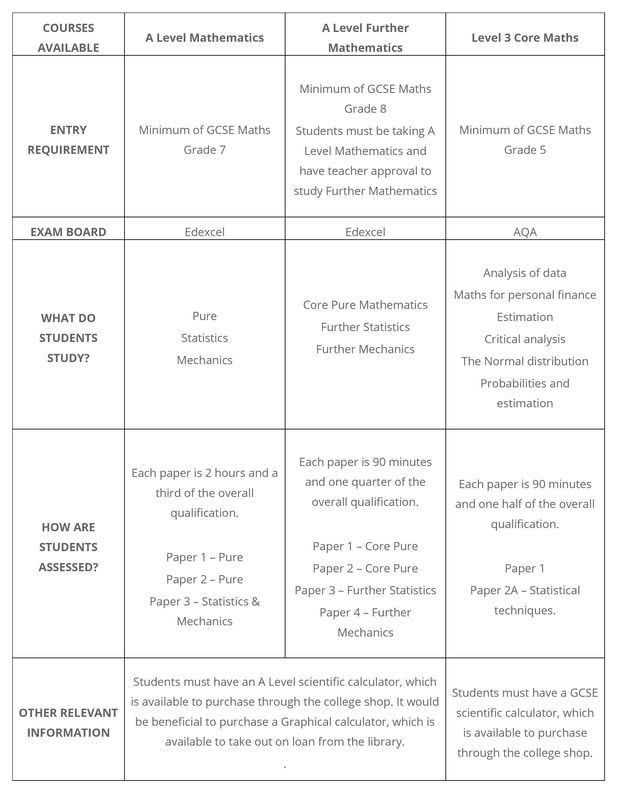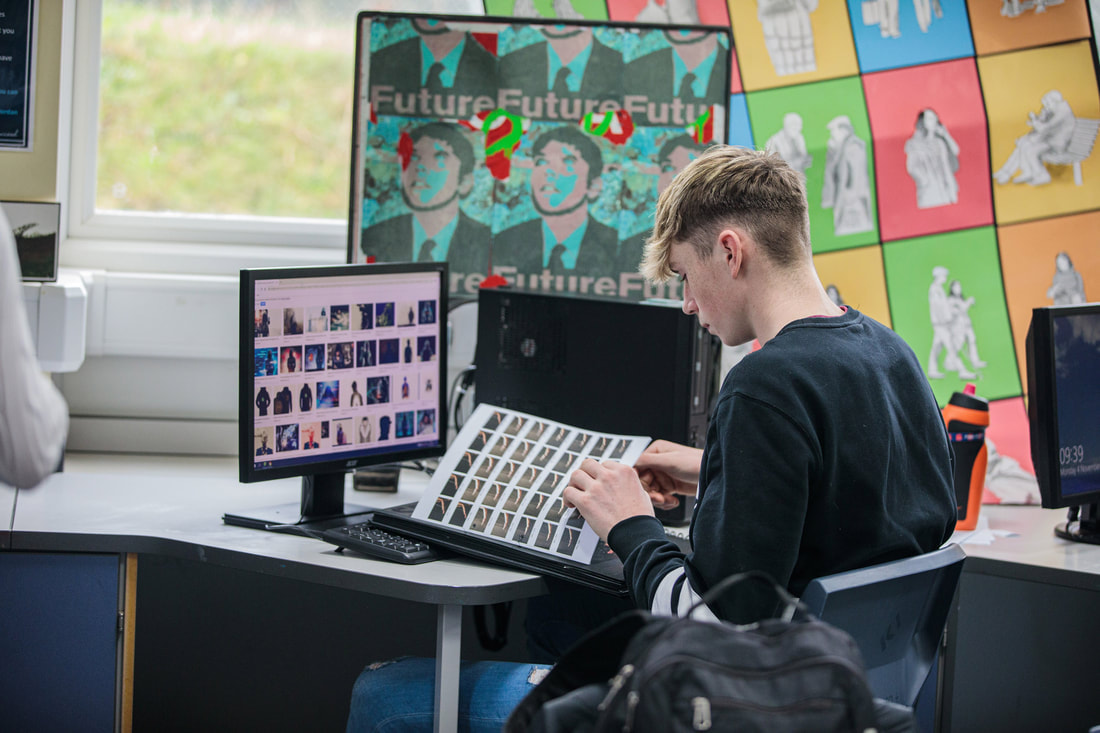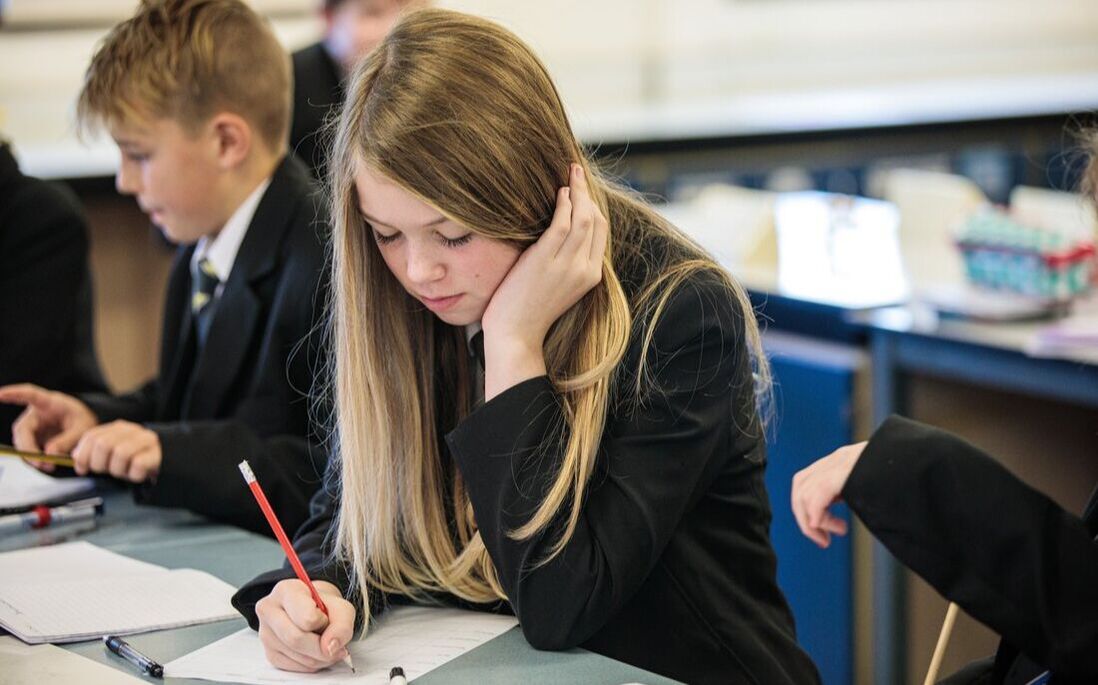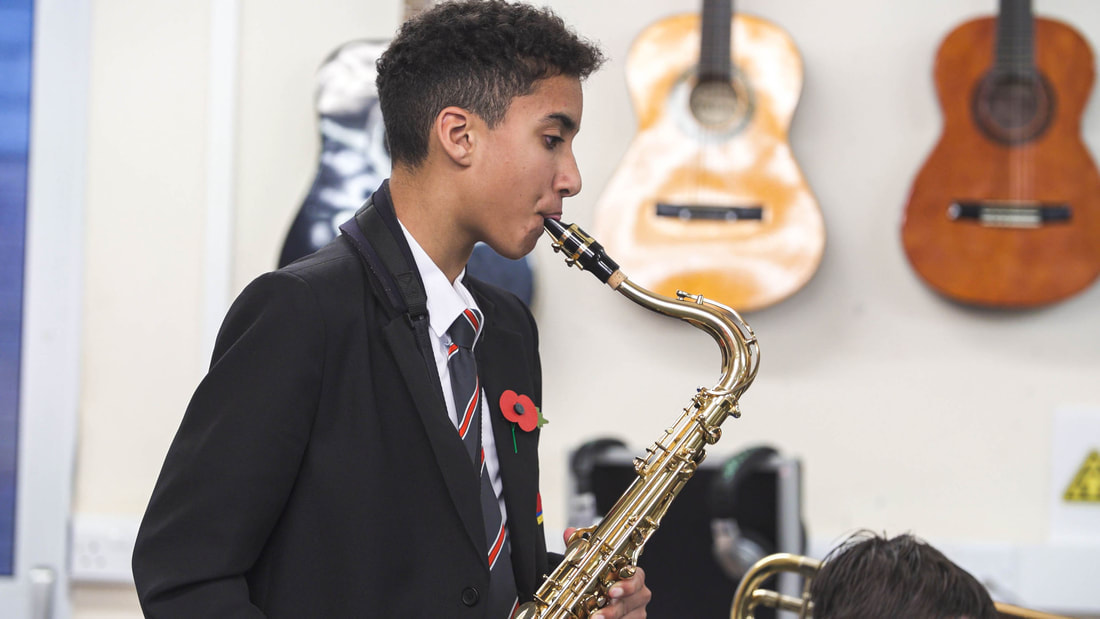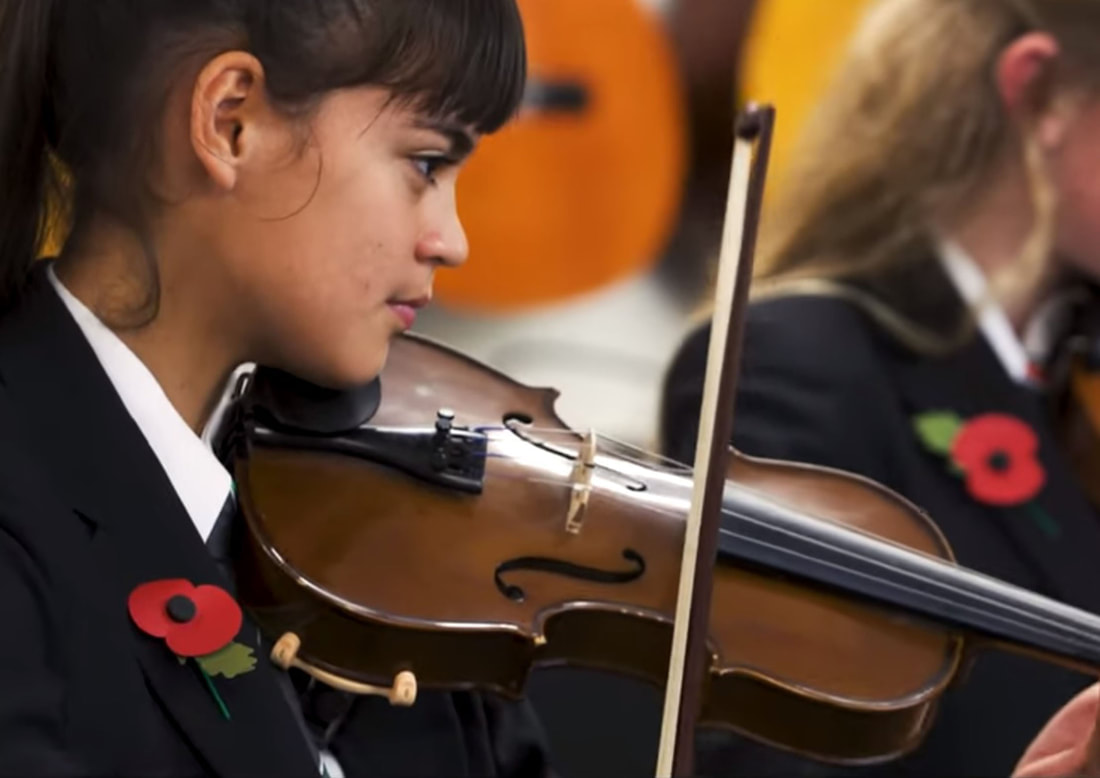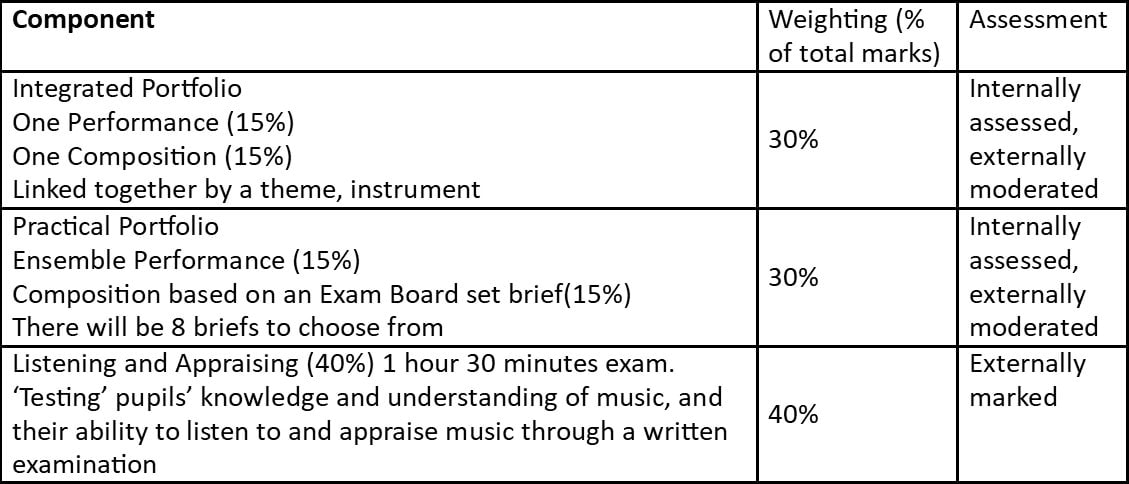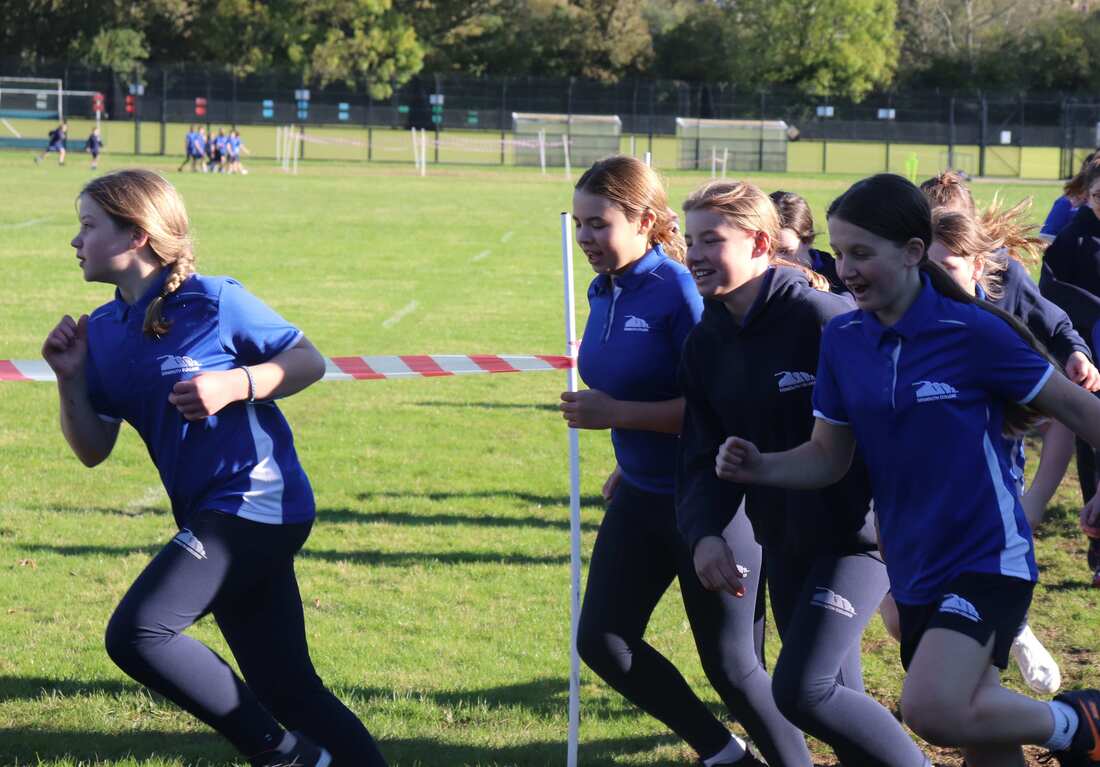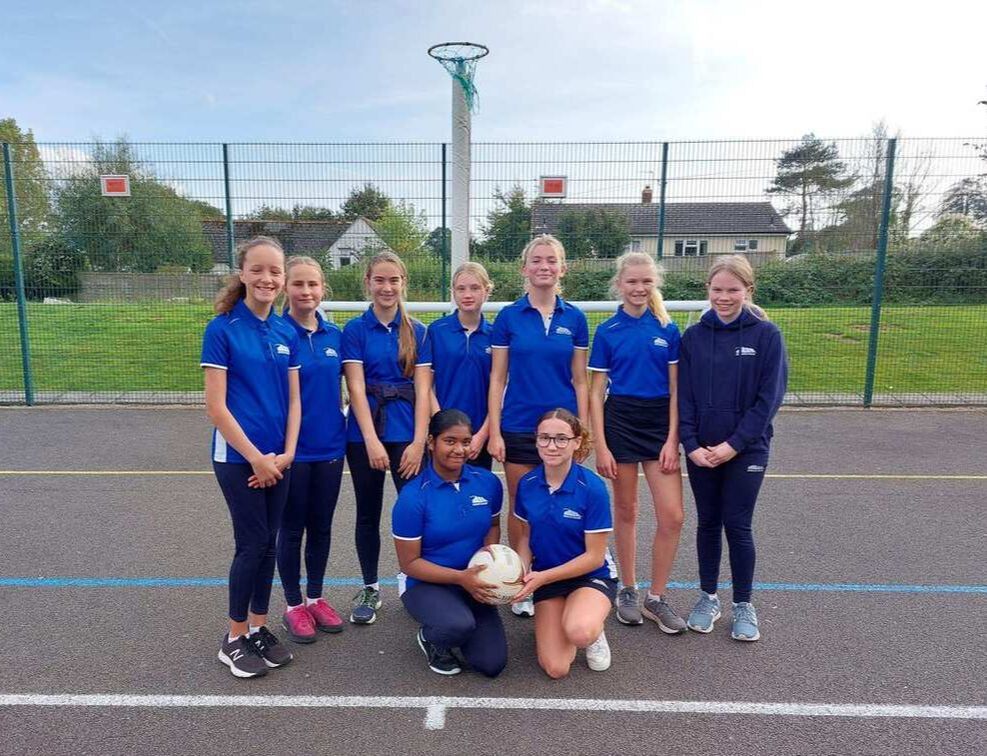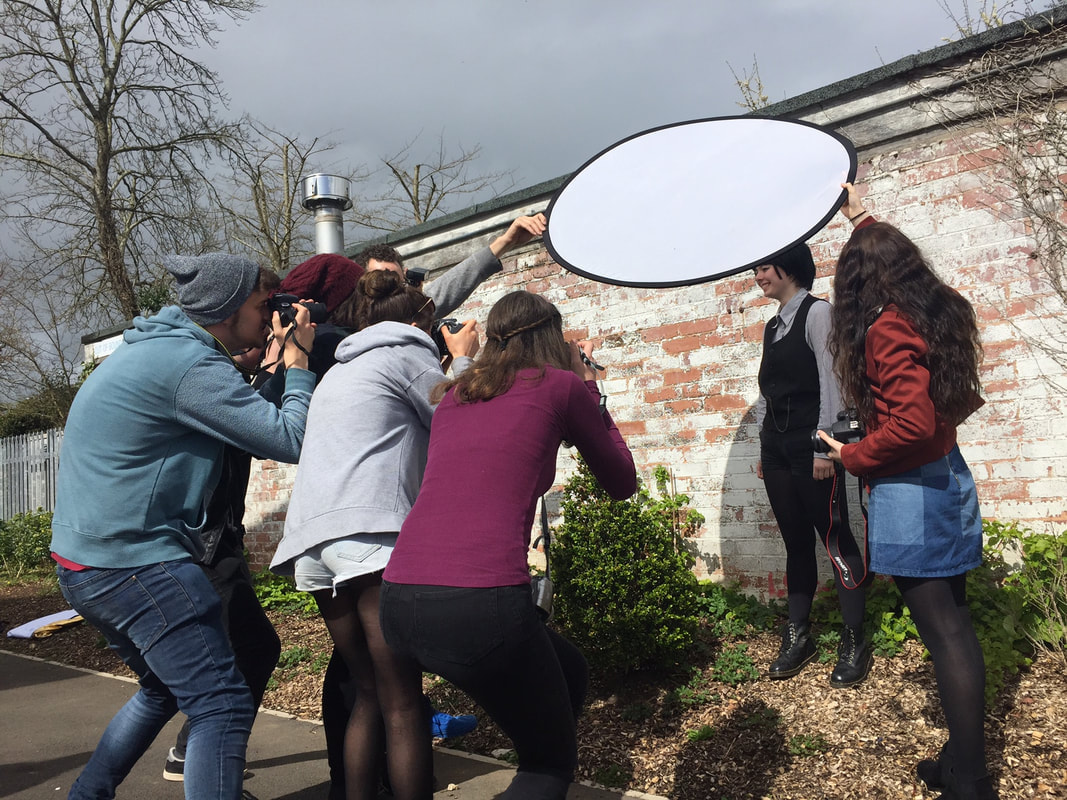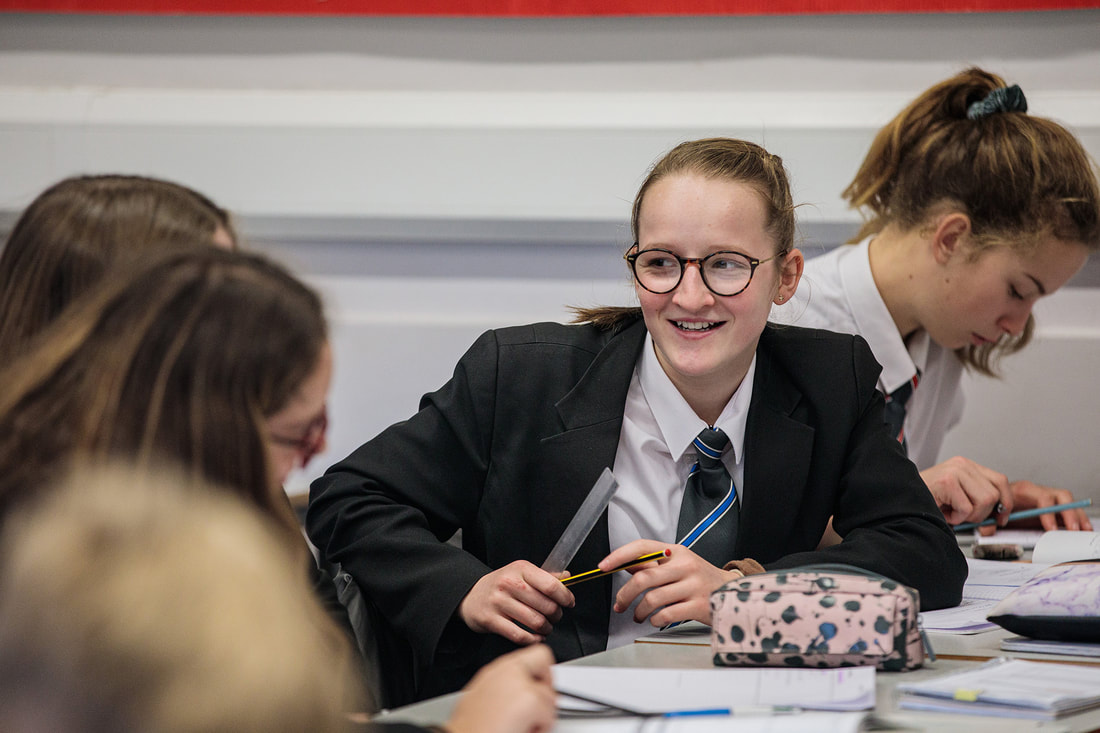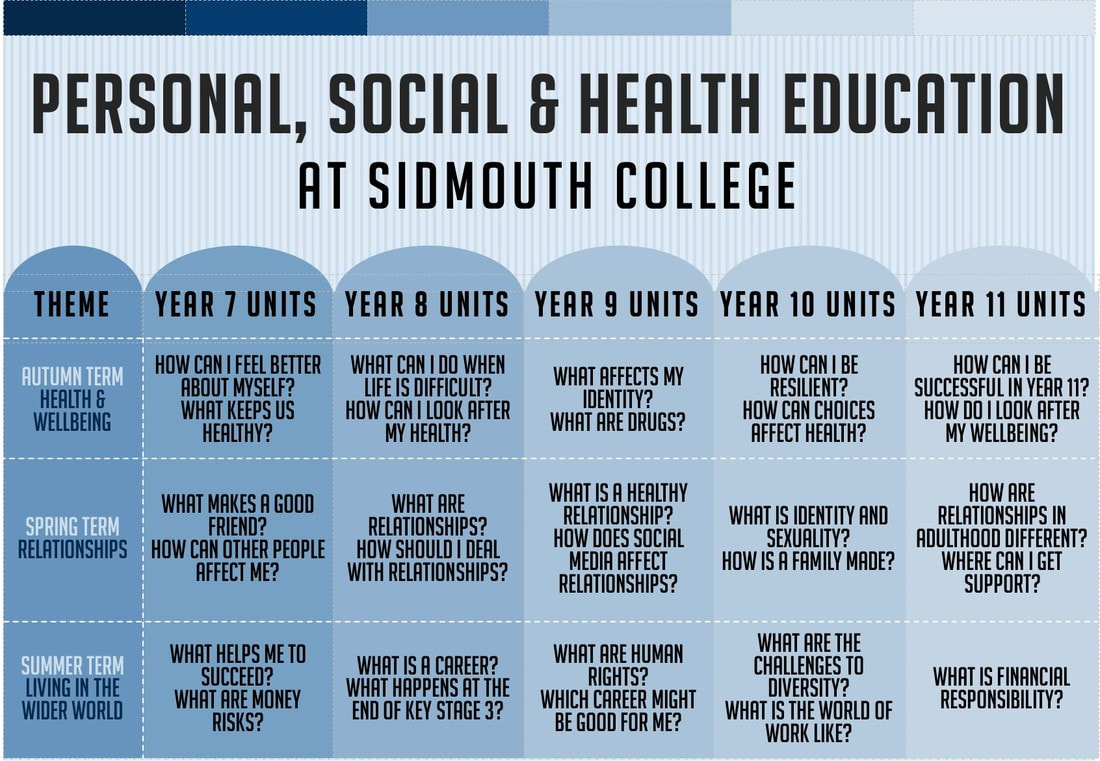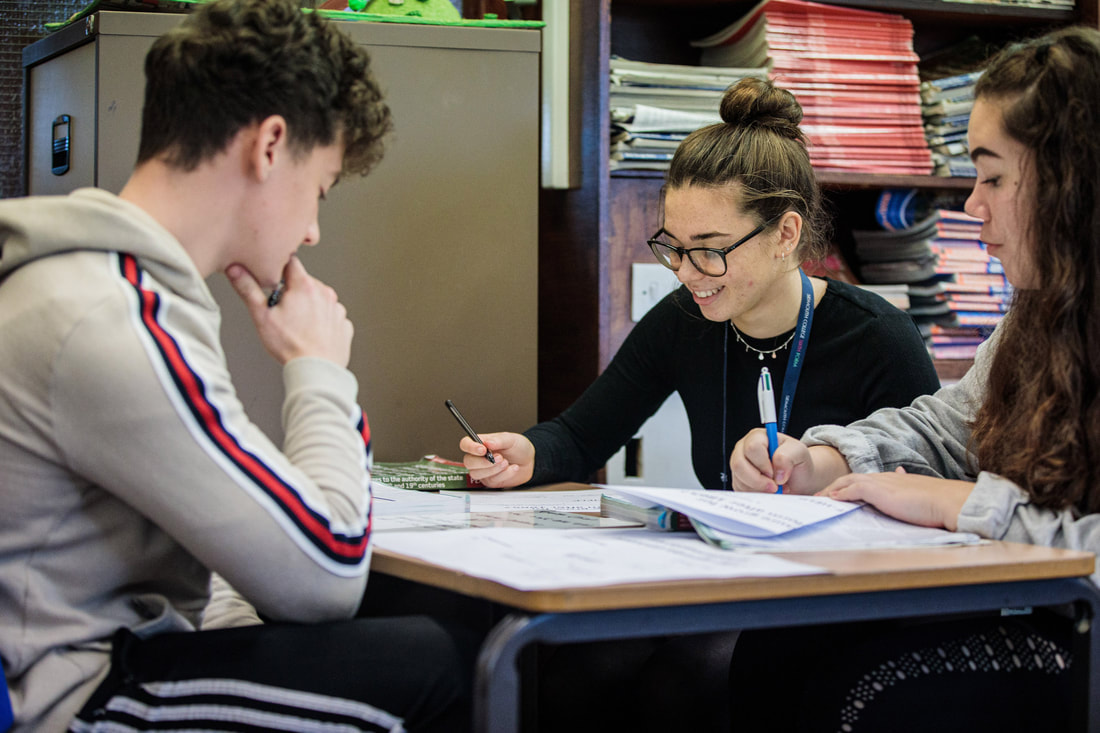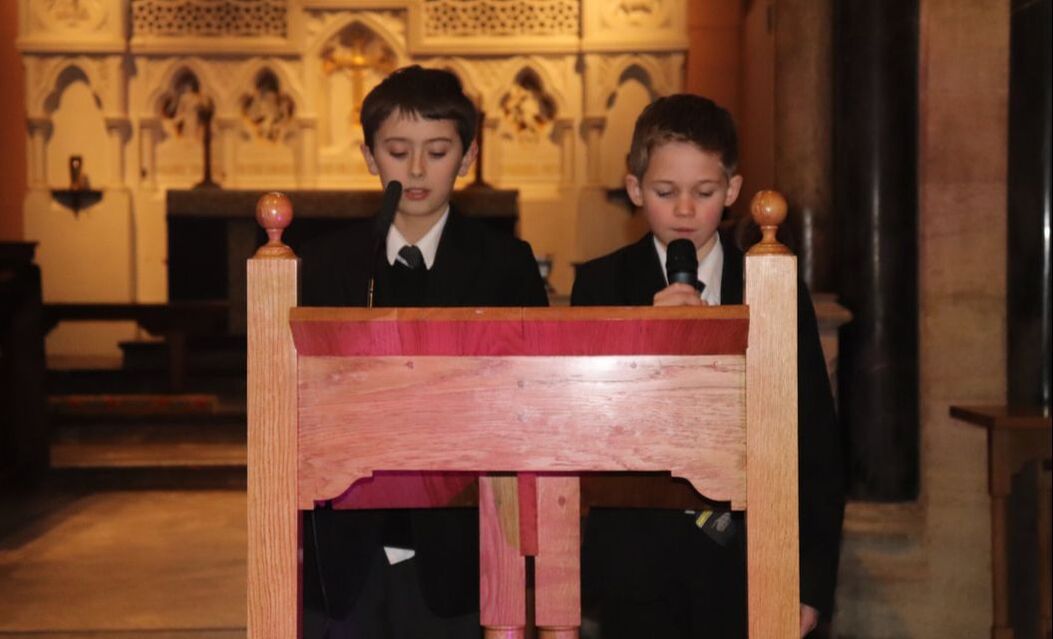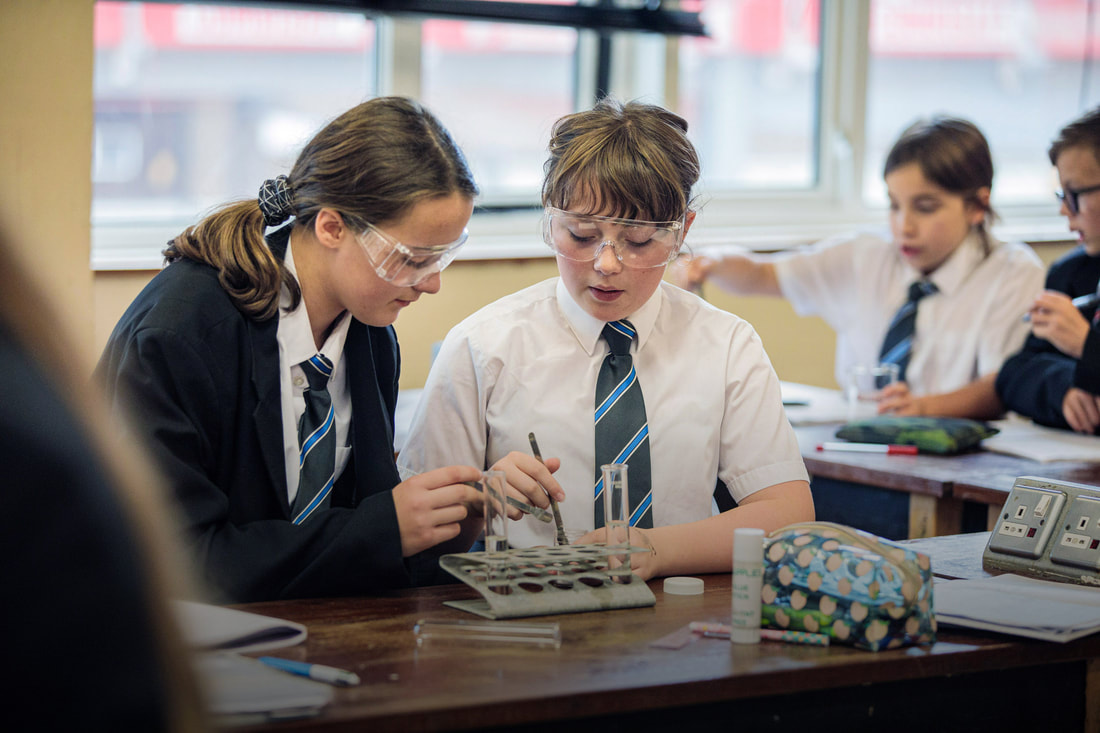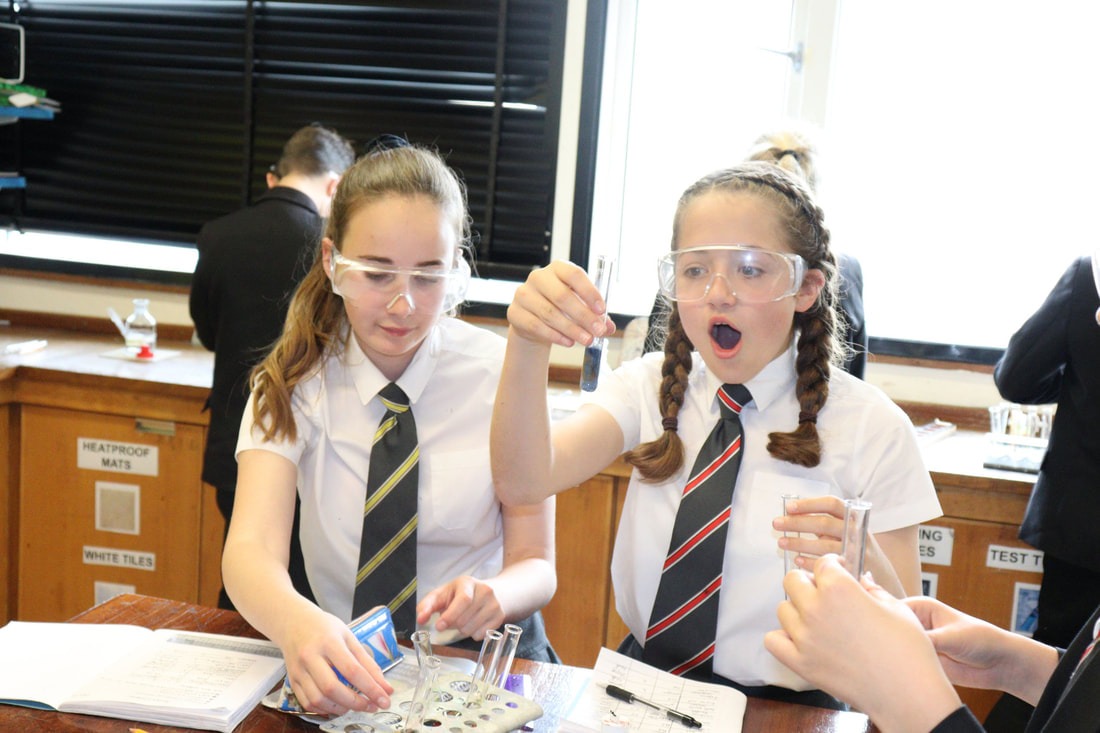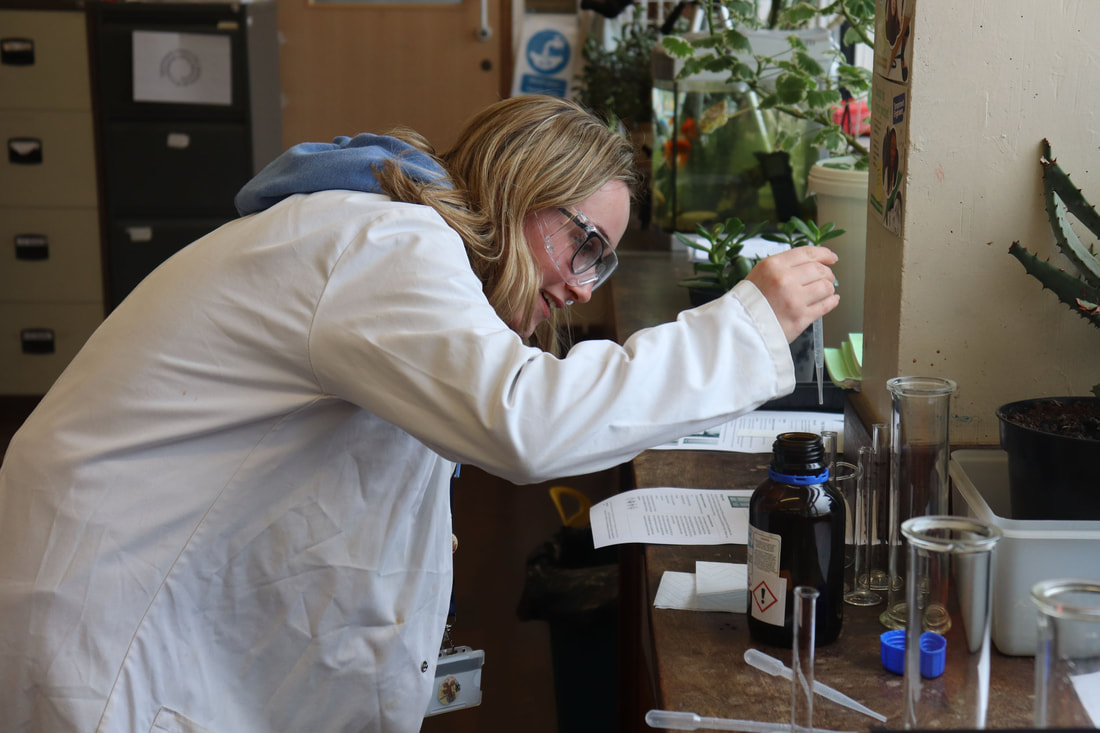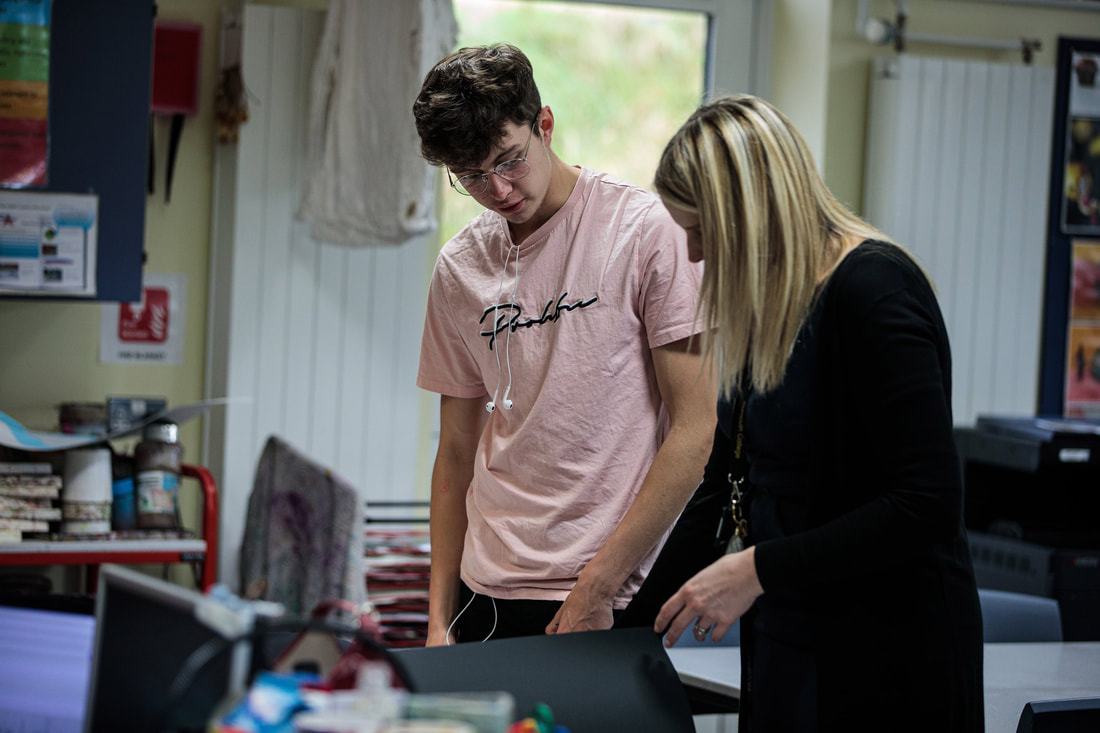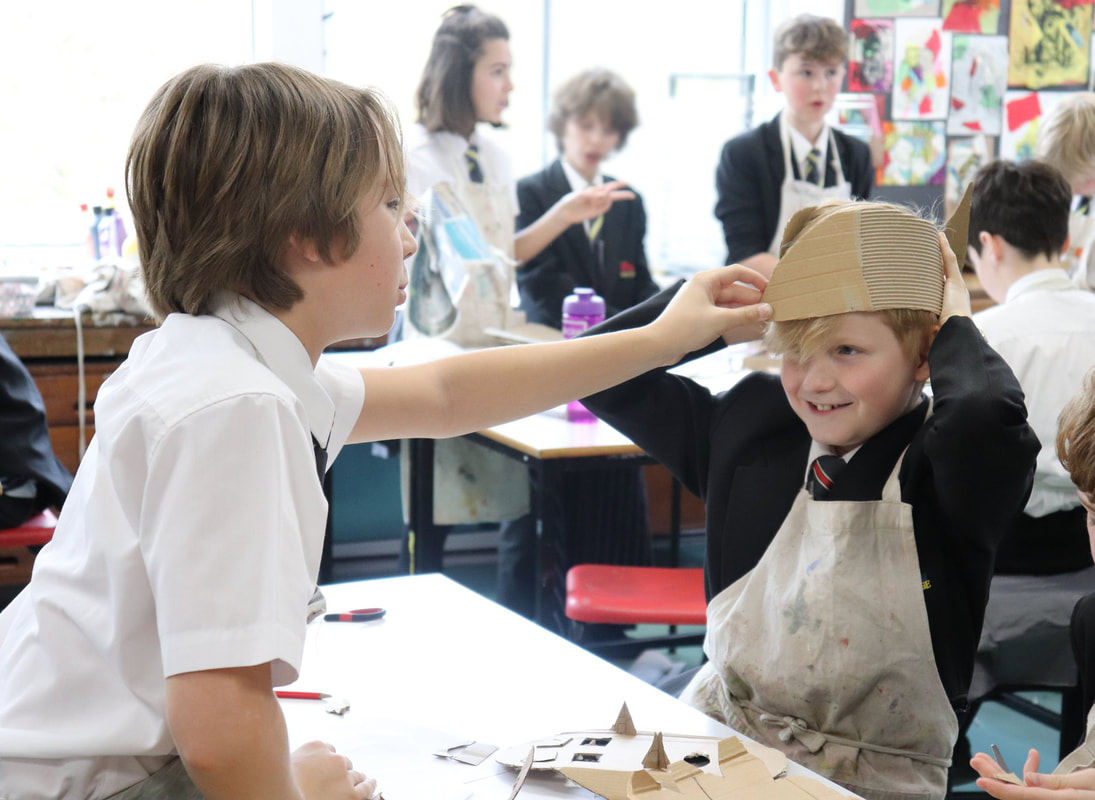Art and Design Department IntentThe department curriculum is structured to engage and inspire students to believe in their potential and to enable them to take risks to explore a range of materials whilst refining and developing creative skills. We ask students to form opinions whilst exploring the work of others and offer students the opportunity for self-reflection whilst broadening their cultural experiences. The curriculum makes natural links to other subjects and underpins student’s development of knowledge through schemes of work that challenge and inspire students to learn with increasing independence and challenge throughout the key stages. The foundation of the department is that if a student receives the highest quality experiences, they will have the confidence to independently take risks in their work so that they are able to accelerate their learning. This is evidenced in our department results. ALL department staff have positive aspirations for ALL students and the positive atmosphere the department creates is essential to the success of our curriculum. Students feel secure and so are able to take risks and explore their work making meaningful personal connections. The curriculum has been developed to enable students to develop the skills and knowledge needed for A level and no student is deemed incapable of developing those skills even if their prior starting point from KS2 is low. Staff work closely with local primary schools on projects and workshops to ensure transition is strong to maximise the right level of challenge in year 7. The curriculum is planned to assess current knowledge and skills of individuals before adapting a learning sequence to address gaps in knowledge or skills. Students in Y7, 8 and 9 are taught elements of art simultaneously to enable teachers to maximise the challenge they are setting between year groups and for students to be able to confidently identify the progress they are making to take advantage of that feeling of success to drive excellence and further challenge. The department offers a broad range of extra-curricular opportunities through art clubs, competitions, exhibitions, community projects, whole school impact days, the Arts Award, visiting artist workshops and trips both in the UK and internationally. We actively target disadvantaged groups to ensure uptake is at least at 25% of the cohort. Praise is widely used through our stars and artwork of the month, parents are engaged with this through email notifications and use of Facebook to showcase students work. KEY STAGE 3
What do students study?
The aims of the Art and Design department is for pupils to produce personal responses to the observed and imagined world. Pupils are encouraged to investigate a range of media and materials including painting, drawing and three dimensional processes. During key stage 3 pupils are also able to extend their experiences of art through workshops and community projects. Pupils have access to two art studios and their work is regularly exhibited throughout the school and in the wider community to celebrate success and achievement. KS3 art students are able to join Art club where they have opportunities to extend their studies as well as taking part in local competitions and events. Students work has been on exhibition at Kennaway house for Sidmouth Daffodil Day and every year we create a mural for Budleigh Salterton Literary Festival. Art in year 7 and 8 enables students to build core skills with a focus on the formal elements of Art. Students are taught how to research artists work and respond creatively to the work through personal outcomes and class discussion. Students are able to investigate various techniques with opportunities to try printmaking, photography and 3D design. Students are encouraged to use the schools learning habits to develop their skills and confidence. In year 9 students are given the opportunity to explore various drawing, painting, printing, and sculpture techniques in a variety of projects. Focus is very much on direct observation drawing and building up skills in various media. Areas covered include:
The summer term in year 9 is workshop based and students are introduced to a variety of exciting processes to broaden their experiences and develop their skills set in art. How are students assessed? In Key Stage 3, students are assessed formatively on pieces of work throughout each project. This is done by either by their teacher, as a whole class discussion, or as a self or peer assessment. Time is regularly spent discussing how to recognise a piece of work from each level and how to improve each student’s own work to raise their grade to the next stage. Students record these various assessments in target graphs in the back of their books where they can clearly see their progression and areas of strength and weakness. Each project is then given a summative assessment at the end of the project by the teacher. Students are introduced to and regularly practice the main skills which are required for the GCSE programme of study, gradually building confidence and familiarity with these skills. Within each Scheme of Work these skills typically include Observation, Experimentation, Refinement, Presentation, Realisation and Reviewing work. Researching Historical and Contemporary Artists is regularly set as homework tasks to build research skills. KEY STAGE 4
WHO IS THIS COURSE FOR?
EXAM BOARD, COURSE CONTENT & ASSESSMENT DETAIL Exam Board—AQA Component 1 coursework (60%) Component 2 Exam (40%) The course is taught through a number of projects over the two years. The projects are based on interesting themes and we encourage you to explore the themes in depth. To help you develop your ideas you will experience a variety of ways of working, discover new techniques and find out how to use many different materials. You will be helped to explore how artists, designers and craftspeople have developed their own ideas and you will be able to try these in your own work. You will be shown how to draw from observation to build skills and confidence in manipulating the formal elements. Your sketchbook will be an important record of your ideas over the two years and forms an important part of your final assessment. Homework assignments will be directly related to your coursework. WHAT CAN THIS COURSE LEAD TO POST 16? This course provides a strong foundation for further progression into Art and Design related courses such as A-level Art and Design/photography, higher education, foundation studies, apprenticeships and university courses. FOR WHAT CAREERS WILL THIS COURSE BE USEFUL? Fashion Buyer Interior designer Fine artist Television Art Director Medical Illustrator Lighting Designer Cinematographer Graphic designer Architect Set designer Product designer Community Art worker Tattoo designer Furniture designer Industrial designer Shoe designer Landscape designer Museum or Art gallery curator Advertising Graphic designer Game designer Art teacher Sketch artist Illustrator Print maker/ printer Court artist Ceramic Artist Jewellery designer OTHER RELEVANT INFORMATION At the end of the course your work is displayed for final moderation by the examiners. This includes your portfolio work in your sketchbooks - coursework (60%) and your examination work (40%) It is worth bearing in mind that the creative industries are the biggest employer in the UK at present and this GCSE will help your employability. Art is primarily coursework based so this involves time and care to complete classwork and homework throughout the two years. KEY STAGE 5
Introduction In Art we try to develop a sense of excitement and fun in the selection and handling of a wide range of materials, and use this to relate our own feelings to the visual and tactile elements of the external world. What do Students Study? Drawing is central to our work, being a good way of collecting information, as well as helping us to understand what we see around us and develop our responses to it. We also study the work of artists from all periods and cultures so we can better understand their techniques, how it expresses both their own individuality and the context in which it was made. To this end, we arrange visits to art galleries. We have visited London, Barcelona and other local galleries as well as inviting artists into school to run workshops with students. We like to encourage people to work in as individual a way as possible, so the work from any one group will cover a whole range of approaches and styles. No-one is forced to be a traditional painter if they would rather aspire to be a future Turner Prize winner! How are students assessed? Your work will be assessed using 4 assessment objectives. The course involves both portfolio work and practically set assignments to be carried out under examination conditions. You will have regular reviews with your teacher to help and guide your learning. Component 1 Portfolio 60% Component 2 Externally set assignment 40% Business Studies Department IntentAt Sidmouth College, Business Studies is taught to develop an awareness and natural curiosity of the Business and Economic environment around them. It is hoped that students will have a deeper understanding of the businesses that students will work for or run, and the key driving factors that impact the environment. Students will learn how to manage their current and future financial capability in the short, medium and long term. Business Studies will also introduce students to the dynamics of how a business is set up and organised. It helps individuals to enhance their ability to enter the world of work within a wide range of business organisations. Courses at Key Stage 4 and 5 provide valuable opportunities to develop key skills such as ICT, Maths, team working and communication, as well as developing confidence and inter-personal skills. It is hoped that a large number of students who study Business at Key stage 4 will go on to study it in the sixth form. In addition, it is hoped that students who take it in the Sixth Form will go on to study Business Studies within higher education institutions or start apprenticeships in their chosen field. Aims To enable students to:
KEY STAGE 4
WHO IS THIS COURSE FOR? Anyone who has an interest in how a business works, wants a career in business, or who may want to set up their own business in the future. We look at how businesses are set up and how they have to anticipate future trends and outside influences. A good standard of literacy and numeracy will be required to be successful on this course. EXAM BOARD, COURSE CONTENT & ASSESSMENT DETAILS Exam Board—AQA Content
WHAT CAN THIS COURSE LEAD TO POST 16? GCSE Business offers an excellent foundation for those wishing to pursue careers in management, marketing, project management, business accounting, management consultancy, human resources, and business journalism as well as those interested in continuing on to further study either at A Level, degree level, apprenticeship or other work based training FOR WHAT CAREERS WILL THIS COURSE BE USEFUL?
Key stage 5
Introduction A level Business Studies provides students with the opportunity to gain a broad understanding of business principles, including Decision Making, Marketing, Finance, Human Resources and Management. The qualification covers a mixture of teaching and learning experiences from the theoretical through to those with a clear problem solving emphasis. It provides students with a unique insight into the world of work. Through its study, students discover how businesses operate and learn about their key elements and essential business functions. This knowledge, and the holistic understanding that develops, is invaluable to those students who are considering either the workplace or university. It offers an excellent foundation for those wishing to pursue careers in management, marketing, project management, business accounting, management consultancy, human resources, and business journalism to name but a few! What do students study? The Business Studies A Level course gives students the opportunity to gain both a broad understanding of Applied Business principles and the opportunity to focus on a specific pathway such as Marketing, Finance, Human Resources or Management. In addition, the qualification covers a mixture of teaching and learning experiences, from the theoretical through to those with a clear problem solving emphasis. How are students assessed? Assessment is carried out through examinations only; there are a variety of techniques used – multiple choice, case study and essay type questions. Students will study modules over the two years, leading to an A level qualification in this subject. Computer Studies Department IntentSidmouth College's Computer Science curriculum is designed to prepare students for the ‘Digital World’. To facilitate this, the curriculum delivers four main themes: Computer Science, Digital Literacy, Digital Creatively and Digital Citizenship. The intent of our rich Computer Science curriculum is to inspire students to succeed through a learning journey that will provide knowledge, skills and opportunities for them to be responsible and effective digital practitioners with positive life chances. We intend the CS curriculum to be connected, building upon prior learning, enabling our students to believe in their ability to succeed, becoming confident and resilient learners, with a lifelong love of learning. Through the CS curriculum, we intend our students to know what challenge and success feels like for them as an individual. Regardless of ability, age or background, the CS curriculum’s aim is to develop curiosity and critical thinking, foster aspirations and have a belief in success for all students. Key stage 3
What do students study?
Our new Computer Studies curriculum is designed to prepare all students for the ‘Digital World’. The curriculum is designed around four main themes: Computer Science, Digital Literacy, Digital Creatively and Digital Citizenship. The curriculum not only prepares students for progression within the Computer Science discipline, it also prepares them for mature and effective use of ICT whether it be for College or in the world of work.
Year 7Students study the following areas:
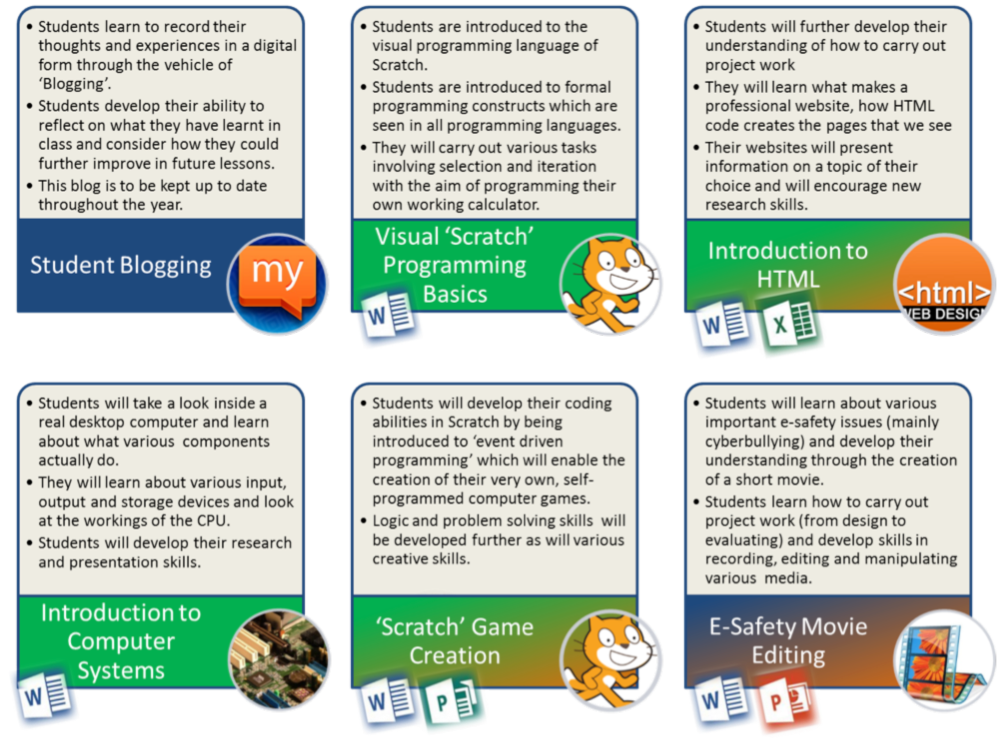
Year 8Students study the following areas:
Year 9Students study the following areas:
How are students assessed?To ensure that all students make the expected progress throughout the year, it is the department’s policy that if any student fails to achieve their termly target grade for a given examination, they will be expected to retake the examination. However, they will be given a support session to tackle any misconceptions or lack of understanding before the retake exam so that they are given the best possible opportunities to improve.
Key stage 4
WHO IS THIS COURSE FOR?
This course is for students with a keen interest in finding out how computers work. They will be investigating how computer hardware operates and study how software is written through practical programming lessons. Computing is a challenging subject to study and we will dive quickly into the technical workings of computer technology and programming. Students should be driven, enthusiastic, have a good work ethic and fairly good mathematical skills, as this will generally enable them to understand the logic required for programming. EXAM BOARD, COURSE CONTENT & ASSESSMENT DETAILS Exam Board—OCR, There are three units and each has its own assessment: Components 1 and 2 are largely theoretical units. They each will be assessed with a terminal written examination at the end of the course. Component 3 is a practical unit. Our language of choice is Python3 and students will develop their skills in programming using this language. The unit will culminate in a practical controlled assessment which will be marked by the school and moderated by the exam board. WHAT CAN THIS COURSE LEAD TO POST 16? It is a fact that information technologies continue to have a growing importance. This means there will be a bigger demand for professionals who are qualified in this area. If students want to go on to higher study and employment in the field of Computer Science, they will find that this course provides a superb stepping stone. Students who have taken a Computer Science GCSE and who then progress to study the subject at A Level or university, will be ready to work in the computing industry, developing computer programs or other innovative technological projects. In addition to this, the course will prepare students (regardless of their chosen career/educational direction) for the future digital world. The skills they acquire will be transferable to any job/course due to the fact that ICT now has such a presence in both education and the working world FOR WHAT CAREERS WILL THIS COURSE BE USEFUL? All jobs in the computer industry (e.g. Programmer, Computer Engineers etc). Business owners and entrepreneurs. Generally, this course will prepare students (regardless of their chosen career/educational direction) for the future digital world. OTHER RELEVANT INFORMATION The course is fully resourced with lesson presentations, worksheets, videos, revision notes and practice exam questions stored online (Department Website) for students to access 24/7. Key stage 5
Introduction This modern qualification gives students a general grounding in computing, including an understanding of computer systems, the principles of programming and problem-solving.
It is excellent preparation for students looking to take computing studies at degree level, or for anyone considering any kind of career in computing. What do students study? All elements will contain a component which will be a traditionally marked and structured question paper with a mix of question types: short-answer, longer-answer, and levels of response type questions. Component 1: COMPUTER SYSTEMS The content covered in this component includes:
Component 2: ALGORITHMS AND PROGRAMMING The content covered in this component includes:
There will be a scenario/task contained in the paper, which could be an algorithm or a text page-based task, which will involve problem solving. Component 3: PROGRAMMING PROJECT Students will select their own user-driven problem of an appropriate size and complexity to solve. Previous projects include an educational based computer game to help students revise for their exams and a projectile motion simulator teaching tool for a Physics teacher. Students will need to analyse the problem, design a solution, implement the solution and give a thorough evaluation. How are students assessed? The A level examination is made up of a number of externally assessed examinations plus a major project at the end of the second year of the course. This is internally assessed and externally moderated. (OCR board) Drama Department IntentWe believe that all students deserve a broad and ambitious Drama curriculum, rich in skills and knowledge of the theatre and performance processes to allow them to develop a love of the performance arts. The curriculum will encourage students to become confident and independent thinkers, who will be able to create original work and critically analyse professional and non-professional repertoire. Students will have an appreciation of their own work and that of others, always demonstrating respect and empathy. They will make progress in a positive learning environment that has high expectations, celebrates diversity and drives success embracing risk taking where students are supported to develop key transferable skills which prepare them for making a positive contribution in society and their life beyond school. Tell me and I will forget Show me and I will remember Involve me and I will understand (Chinese Proverb) Key stage 3
What do students study?
Drama is taught as part of the Core Curriculum at Key Stage 3. Every student in Years 7, 8 and 9 has a one hour lesson per week. High standards of work are expected and students develop self-awareness and self-confidence in an environment where success is recognised and valued. At KS3 lessons are heavily practical and involve a variety of stimulus material. The Year 7 syllabus is designed to give students the opportunity to acquire a fundamental understanding of key theatrical and performance concepts, including vocal projection, use of space, status, structuring a piece of theatre and performance objectives. The Year 8 course builds upon these skills whilst using theatre to approach contemporary or historical issues such as wartime evacuation and transportation. Lessons strike a balance between teacher-led workshop activities and greater creative freedom, thus ensuring that students have a wide range of skills upon which to draw when putting together a piece of theatre. In year 9 all of the skills acquired in the first two years are reinforced whilst introducing many new rehearsal techniques to create practical performances that prepare students for the rigour of GCSE. There are high expectations and through performance and evaluation, students will get accustomed to creating more developed and complex characters and dialogue, no longer relying on two-dimensional character types in their work. Drama enhances the cultural knowledge and personal development of the students in our care. Opportunities exist for students to take part in extra curricula activities which include performances, Sidmouth Youth Theatre, Workshops and many varied Theatre Visits. How are students assessed? At Key Stage 3, students are assessed for their ability to create, perform and respond. At the end of each topic they respond to their assessment by setting themselves a target to improve their work in one of these specific areas. They are encouraged to reflect on their input in the devising process, their ability to perform and to evaluate their work and the work of others. Key stage 4
WHO IS THIS COURSE FOR? Drama is an exciting, creative and challenging course designed for students to meet the demands of their future role as active citizens in employment and society in general, as well as for the possible further study of Drama. The ability to speak and act in public with confidence, think independently, write and communicate effectively, adapt to new situations, improvise on the spot, organise and collaborate in a team – these indispensable transferable skills get people jobs. A GCSE in Drama equips you with all these skills and more. Do you want to stand out from the rest? EXAM BOARD, COURSE CONTENT & ASSESSMENT DETAILS—AQA You will be working in groups in response to varied stimulus material to communicate ideas in dramatic form. You will study a specific theatrical text with the emphasis on performing and staging techniques. You will have the opportunity to study lighting, set design, sound, costume and props. You will experience live theatre and you may work with professional practitioners in a workshop situation. Throughout this course, you will be involved in many varied activities that test your skills in all related areas. You will be improvising, examining texts, designing, visiting theatres and working in groups. The emphasis is on individual strengths and interests. This drama course demands a high level of personal motivation and interest. Practical Assessment 60% of total marks This will involve the study and performance of two key extracts from one scripted play which are examined at the end of the course, and a group devised piece performed during the course and externally moderated. Part of the requirement will be to create a written devising log. The Written paper [1hour 45mins] 40% of total marks The written paper comprises three sections: Four Multiple choice questions based on Theatre Roles and specialist terminology Four questions based on an extract from a set text studied on the course. One two part question on a live production seen. WHAT CAN THIS COURSE LEAD TO POST 16? This GCSE provides an excellent foundation, preparing students for the transition to study Drama and Theatre A Level in the Sixth form and supports all university courses. FOR WHAT CAREERS WILL THIS COURSE BE USEFUL? Careers: · Where leadership and team work are essential skills. · Where the art of persuasion is sought and enterprise rewarded. · Where people skills and communication are vital. · Where skills are appropriate to the diverse requirements of the creative industries which is the biggest employer generating 90 billion a year to the UK economy. This includes all areas of Television, Film and Theatre, where performing, technical and creative ability are central to success. OTHER RELEVANT INFORMATION Important! If you want to do well in this course you will need to be committed to working outside lesson time. You will benefit from a department that celebrates excellent results. Key stage 5
Introduction Drama is a challenging and exciting A Level that provides opportunities for progression to many different courses in Higher Education. It is a distinct subject, complementary to other arts subjects, and is a useful qualification for a career in the media, entertainment and leisure industries. These industries generate 71.4 billion per year to the UK economy—generating £8 Million pounds per hour. Drama is also an asset in all areas of employment where people matter, eg, Law, Teaching, Police Service, Social Work, Caring, Journalism, Politics, Sales and Management. What do students study?
How are students assessed? A Level Drama & Theatre Studies : 3 Components Component 1: Drama & Theatre 40% of A level Written exam paper - 3 Hours - Study of 2 set texts [80 marks] Section A & B Answer a question based on the study of a play from list A & B. [55 marks] Section C- Answer a question about a piece of live theatre seen. [25 marks] Component 2: Creating Original Drama [Practical] 30% of A Level Devised Performance [60 marks]
Component 3: Making Theatre Performance [practical] 60% of A Level Presentation of an extract from a play [60 marks]
English Department Intent
Key stage 3
The overarching aim for KS3 English in Sidmouth College is to promote high standards of language and literacy by equipping pupils with a strong command of the spoken and written word, and to develop their love of literature through widespread reading for enjoyment. Our curriculum is designed to prepare students for the demands of the GCSE and into the future.
Above all else, we pride ourselves in making the learning and studying of English a fun, interactive experience for all. What do students study? Throughout the key stage students have the opportunity to study a range of prose, drama texts, poetry, creative and transactional writing. Our curriculum aims to ensure that all pupils:
How are students assessed? Students are assessed half-termly through a range of methods. The primary method is through written assessments in a dedicated assessment book – these assessments are marked by the class teacher. We also assess students through speaking and listening. Peer assessment and self-reflection are incorporated in the schemes of learning. We also assess at the end of each year through examination. Key stage 4
English Language and English LiteratureWHO IS THIS COURSE FOR? All students! It is a compulsory subject; grade 5 is required by many colleges and employers. English is necessary for all who want to communicate through speaking or writing and who want to deepen their skills of analysis. English Language & Literature are studied and lead to two GCSEs. EXAM BOARD, COURSE CONTENT & ASSESSMENT DETAILS Exam Board—AQA English Language Two exam papers Paper 1: Explorations in creative reading and writing - 50% Paper 2: Writers’ viewpoints and perspective - 50% In addition, there is a spoken component and this grade is reported separately on the English certificate. English Literature Two exam papers Paper 1: Shakespeare & 19th Century novel - 40% Paper 2: Modern texts & poetry - 60% WHAT CAN THIS COURSE LEAD TO POST 16? The qualification will help you get on to the Post 16 course of your choice and many employers will take your English qualification into account when deciding whether to employ you or not. A Level English Language and English Literature are offered at Sidmouth College in the Sixth Form. A good standard of English is also a pre-requisite for many other A Levels that require extensive written work. FOR WHAT CAREERS WILL THIS COURSE BE USEFUL? English is relevant for all and, taken to a high level, can lead to careers in areas such as Journalism, Teaching, Law and Politics. Key stage 5
English LanguageIntroduction
By studying English Language A Level you will have an opportunity to develop your interest in, and appreciation of, language through learning about the language’s structures and its functions, its developments and its variations. This subject allows you to develop your ability to express yourself in speech and writing, producing texts for different audiences, purposes and in different genres. We will spend time analysing texts in more detail, sharing our opinions with our classmates, doing our own writing and giving presentations. You will enjoy this subject if you take pleasure in creative writing and exploring the finer technical details of texts. What do Students Study? You will explore how our language is influenced by gender, power and technology, which often leads to many heated debates. You will also write two creative pieces of your own choice for coursework. How are students assessed? You will be assessed through both examinations and coursework. It will involve being tested on your analysis of two texts in detail, using language frameworks and your understanding of language change and acquisition. English LiteratureIntroduction English Literature A Level is about reading and appreciating literature. If you enjoyed GCSE literature, you will probably enjoy A Level, but expect to find A Level more challenging. We spend time discussing texts in more detail, sharing our opinions with our classmates, writing, giving presentations and sometimes even acting! You will enjoy this subject if you take pleasure in reading, writing and developing your own ideas and opinions. What do Students Study? You will read a Shakespeare play, an anthology of poetry and novels such as ‘Rebecca’ and ‘Persuasion.’ In your second year you will investigate an area of your own interest, comparing texts you have chosen for your coursework essay. How are students assessed? You will be assessed through a combination of external examinations and coursework. Geography Department IntentTo inspire the future generation to feel confident in forming opinions about our planet and encourage them to live sustainably through teaching them about People, Places and Processes and the intrinsic links that exist between them. Key stage 3
Geography develops knowledge and understanding of both people and places. It encourages enquiry skills and, through the collection of numerical data, students process and present information to reach clear conclusions. Students also develop information processing skills, reasoning skills, ICT skills and creative thinking. Geography provides many opportunities to give consideration to local and global issues relating to citizenship and sustainable development.
What do students study? In Key stage 3 students study the following topics: Year 7: Settlement: Geography of Sidmouth, Map skills, Brazil and the Amazon rainforest, Farming and Chocolate and Passport to the world. Year 8: Africa, Development and Kenya, Weather and climate, Glaciation, Hazards and Coasts. Year 9: Sustainability, Climate and Global warming, Wild weather: Hurricanes and Tornadoes and Flooding, Crime and Population, How are students assessed? Students are assessed using a variety of written tasks ranging from tests to newspaper articles. They will also do a range of project work at home where they will be encouraged to use their own resources. Key stage 4
WHO IS THIS COURSE FOR?
EXAM BOARD—OCR COURSE CONTENT & ASSESSMENT DETAILS Component 1: Investigating Geographical Issues Theme 1: CHANGING PLACES - CHANGING ECONOMIES · Population, Settlement and Development Theme 2: CHANGING ENVIRONMENTS · Coasts, Rivers, Weather and their management · Climate Change - cause and effect Theme 3: ENVIRONMENTAL CHALLENGES · Ecosystems and Desertification? · Water Resources and Management Component 2: Problem Solving Geography · A problem solving paper in three parts assessing content from the 3 themes in Component 1. Component 3: Applied Fieldwork Enquiry · Students will undertake two fieldwork enquiries, each in a contrasting environment: Assessment · 3 x written exams WHAT CAN THIS COURSE LEAD TO POST 16? A Level Geography, Environment Studies, Travel & Tourism and complement a range of courses through developing analytical, research and a variety of transferable skills. FOR WHAT CAREERS WILL THIS COURSE BE USEFUL? Cartographer Estate Agent Transport Officer Earth Scientist Hazard Prediction & Disaster Manager Architect Construction or Property Lawyer Urban Regeneration Officer Surveyor Coastal Engineer Weather Forecaster Forestry Manager Environmental Health Officer Armed Forces Researcher Travel Agent Conservation Officer Geographer Key stage 5
Introduction Geography A Level provides a diverse and in-depth insight into geographical issues of our times. It develops research and communication skills and enables you to understand more about the world in which we live. What do students study? In Geography A Level you will study a variety of topics which will take place in the classroom and out on field trips. The topics include:
How are students assessed? Assessment is carried out through examinations only. Students will study a number of areas over the two years, leading to an A level qualification in this area. Four areas to study will include: physical and human geography, along with contemporary themes and resources, alongside sustainability issues. Health & Social Care Department IntentAbout 3 million people in the UK work in health and social care, which is equivalent to 1 in every 10 people. Demand for both health care and social care is likely to continue to rise due to the ageing population, and the demand for people to fill these vital jobs will continue to increase. Our intention is to provide a dynamic and knowledge rich KS4 and KS5 curriculum, which gives learners the opportunity to progress to KS5 and beyond. These courses will help learners to develop key transferable skills and knowledge such as good communication, self-evaluation and research skills. Learners will study how people grow and develop over the course of their lives from infancy to old age, and the factors that may affect this, such as major life events like marriage or parenthood. Learners will analyse this impact from a positive and negative viewpoint, demonstrating empathy, exploring how people adapt to these changes and the local and national health and social care support that is available to them. They will study how people access the local health and social care services provided and the support that is given in the local community, be given the opportunity to demonstrate and apply the key care values to scenarios, develop skills in measuring and interpreting data about someone’s physiological health to design a care plan. Learners will also benefit from guest speakers from their local community and beyond and encouraged to visit and take part in work experience in a variety of setting such as pre-schools, primary schools and nursing homes. We will raise all student aspirations by developing links with universities and local employers. Overall, learners will be given the opportunity to reflect on the choices they make and how they affect others. KEY STAGE 4
WHO IS THIS COURSE FOR? Anyone with an interest in people, how human development happens and how our lives are affected by this development. Those with an interest in caring for others and in the health and caring professions, including nursing, midwifery, social work and teaching. EXAM BOARD, COURSE CONTENT & ASSESSMENT DETAILS This is a Level 2 BTEC Tech Award in Health and Social Care that is equivalent to a GCSE and aims to:
The course has two internally assessed components, and one that’s externally assessed: Unit 1: Human Lifespan Development (internally assessed assignments 30%)
Unit 2: Health and Social Care Services and Values (internally assessed assignments 30%)
Unit 3: Health and wellbeing (Externally assessed task based on a brief 40%)
WHAT CAN THIS COURSE LEAD TO POST 16? You might continue on to further vocational and academic study at level 2 and level 3, or choose apprenticeships and traineeships. What’s more, the practical transferable skills you master during your studies such as self-reflection, communication, teamwork and problem solving will also support your progress in the present and the future. FOR WHAT CAREERS WILL THIS COURSE BE USEFUL? If you are interested in any of the caring professions (nursing, teaching, social work, nursery worker, midwifery, paramedic, physiotherapy and many others), Health and Social Care is a really useful way of developing an understanding of the skills needed. History Department IntentKey stage 3
At Key Stage 3, students study changes in the economy, society, culture and political structure of Britain, from the early Middle Ages to the Twentieth Century. They also study aspects of European and non-European history, and are encouraged to make links and connections between historical events and changes in the different periods and areas studied.
Students have opportunities to: use their historical knowledge to evaluate; use a variety of sources of information; construct narratives, descriptions and explanations of historical events and developments. What do students study? The course content for each year is as follows: Year 7 Historical Key Skills Norman Conquest Medieval Life Reformation Elizabethan England Year 8 Native America Slavery Industrial Revolution Year 9 Origins of the First World War Life and Battles: First World War Inter War Years and the Rise of the Nazis Nazi Germany How are students assessed? Students learn how to make judgements about their own work and also have opportunities to engage in peer-assessment. At the end of a unit, the teacher will indicate the route at which the student is working and provide feedback with suggestions for improvement. Many assessments take the form of exam style questions to help prepare students for KS4. Key stage 4
WHO IS THIS COURSE FOR? · Students wishing to study the English Baccalaureate pathway. · People who like learning about the past and how it has impacted on our lives today. · Students with strong literacy skills. EXAM BOARD, COURSE CONTENT & ASSESSMENT DETAILS EXAM BOARD: Edexcel COURSE CONTENT AND ASSESSMENT DETAILS: 1. Paper 1 - Medicine through Time, c1250-present. [Thematic Study and Historical Environment Study] Written Examination; 1 hour and 20 mins - 30% of the qualification. This paper will consist of;
2. Paper 2 – Elizabethan England and The American West [Period and British Depth Study] Written Examination; 1 hour and 15 mins - 40% of the qualification. This paper will consist of; · A British Depth Study - Early Elizabethan England, 1558–88; a study which focuses upon Queen Elizabeth I, politics and religion, challenges to her authority and Elizabethan society in the Age of Exploration. · A Period Study - The American West, c1835–c1895; a study which looks at the early settlement of the West, developments on the Plains and conflict and conquest. 3. Paper 3 – Weimar and Nazi Germany [Modern Depth Study] Written Examination; 1 hour and 15 mins - 30% of the qualification. This paper will consist of; · A Modern Depth Study - Weimar and Nazi Germany, 1918–39; a study focusing on initially the Weimar Republic and Hitler’s rise to power, then move on to consider Nazi control and dictatorship and life in Nazi Germany. WHAT CAN THIS COURSE LEAD TO POST 16? A Level History, Classics, Philosophy and complement a range of courses through developing strong literacy skills. FOR WHAT CAREERS WILL THIS COURSE BE USEFUL? People with a background of studying History at GCSE, A Level or Degree go in to a number of different career paths which include; Policing and Legal Professions, Business, Teaching, Journalism, Media, Armed Forces, Archaeologists and Anthropologist. Reasoning for this is the transferable skills that History offers as a subject, which include; research, questioning, linking information together, planning, independent thought, reasoning, and evidential based work. Key stage 5
Introduction History is a challenging, exciting and relevant A Level subject, which can help make sense of current issues and ideas. The strands of the subject include; the story of events in the past, an appreciation of how historians have interpreted these events, the evaluation of sources, weighing up arguments, using analysis and reaching a conclusion. A variety of approaches to study are involved to help to develop this understanding. By the end of the course students should have developed their critical and analytical skills plus their ability to produce well directed written answers. History is a respected qualification and future employers recognise what it represents. Nikita Kruschev said “Shoot the historians, they’re dangerous!” What do students study? The course involves the study of both British and European History. The paper 1 British element is the breadth study of democracy, protest and reform c1785-c1870. It also includes a depth study of historical interpretations of the abolition of the Slave trade. The European part of the course looks at the unification of Germany c1840-1871. This includes a study of the German states in the 1840s, the failure of the revolutions of 1848-49, the decline of Austrian power and the creation of a new German state under the leadership of Prussia in the years to 1871. Students studying A Level History will also include a piece of coursework that will be focused upon a historical controversy that has come out of the causes of the First World War. At the same time the students will also study an externally assessed part which looks both in breadth and in depth focused upon the Civil rights and race relations in the USA, 1850 – 2009. How are students assessed? Units 1 to 3 are examined externally. The coursework is set internally and then examined internally then moderated by the exam board, Edexcel. Maths Department IntentKey stage 3
OVERVIEW:
Who for: studied by all students. Timings: three to four hours per week. Sets: students are taught in ability sets after the first week of Year 7. We aim to put students in the set that will best suit their individual learning needs. This ensures students are in an environment that helps them to explore the subject and gain confidence in the concepts that we discover. Equipment: students must have a GCSE scientific calculator, which is available to purchase through the college shop. Support: there is always an opportunity for students to get help with their Maths studies from any of the teachers in the department. We run a Maths Drop-In session after college every Tuesday in B37. A small group of students in each year will also be selected to attend numeracy intervention. What do students study? HOW ARE STUDENTS ASSESSED?
Staff will provide students with areas of strength and development during PITSTOP lessons. Media Studies Department IntentIn Media you will develop appreciation and critical understanding of the media and its role both historically and currently in society, culture and politics. You will develop an enquiring, critical mindset and evolve your creativity. Key stage 5
Introduction Media Studies is an exciting course in which students analyse and produce films, advertisements, music videos, websites, magazines and radio shows. The course is also very practical; anyone interested in any of the media listed should definitely consider taking it as an A Level. Media Studies offers you the challenge to get creative and engage your imaginations! What do students study? You will study a range of media (television, film, newspapers, magazines, websites and social media). You will analyse key features of these media forms and then apply these, creating your own practical productions. At AS and A2 you work individually or in groups during your coursework. The exams are about the wider media industry, how texts are produced and how they are understood by audiences. You will never watch a film or television programme in the same way again! How are students assessed? Your work will be assessed using 4 assessment objectives. You will have regular reviews with your teacher to help and guide your learning. The course involves both coursework (internally assessed and externally moderated) and external examinations. MFL Department IntentThrough our MFL curriculum at Sidmouth College we ensure that students develop and practise their knowledge of French across the three pillars of Phonics, Vocabulary and Grammar. Regardless of ability or background all students have an entitlement to experience the enjoyment of learning a language. We therefore follow an engaging and culturally enriching curriculum which incorporates not only the four skills required for learning a language but also expands their cultural capital. Students will appreciate different customs and traditions through the exploration of film, music, video and trips. Our intent is to instil confidence and enrich vocabulary thus developing oracy and widening horizons for all. Our pupils are independent and curious and have the skills and confidence to learn any language needed in their career or future study, or to read and watch content of their choosing in French. All pupils are equipped with the knowledge and skills needed for success at GCSE or to use the language successfully in a real-life situation. At Key Stage 4 we build on the strong foundation and enter the vast majority of pupils at Higher Level. Key stage 3
What do students study?
All students study French throughout Key Stage 3. Throughout the Key Stage our aim is to help students develop the confidence to use the language in a practical way. The topics covered are those that are relevant to students and enable them to talk about themselves. All students study French throughout Key Stage 3. Throughout the Key Stage our aim is to help students develop the confidence to use the language in a practical way. The topics covered are those that are relevant to students and enable them to talk about themselves. Lessons are lively and practical and we help students develop the four main language skills of listening, speaking, reading and writing, as well as dictation and translation. We also cover grammar and encourage students to use reference materials to help their learning and to become independent learners. A variety of revision, consolidation and extension activities help students to transfer language from one context to another and to adapt the language patterns they have learned. There is also support for those students who may feel less confident in their language learning. We use computers extensively to enhance language learning and are increasingly using our new Sanako language laboratory to develop students’ oral confidence. Our website www.frenchatsidmouth.com supports both lessons and homework and allows parents to learn long with their child. How are students assessed? Assessment is little and often with students being tested once every three week. The Week 3 assessment consists of recent vocabulary or a recent grammar point. One of the skills of Listening, Reading, Dictation, Translation or Writing is assessed in the Week 6 test. We report making distinct the cumulative average for Week 3 tests and Week 6 tests. Students’ speaking is assessed formatively through lesson activities. Key stage 4
WHO IS THIS COURSE FOR? Anyone who has enjoyed their French language lessons at Key Stage 3; anyone who wants to have a widely valued GCSE; anyone considering going to university; students wishing to achieve the English Baccalaureate qualification. Please note you can only choose French as an option if you studied French in Years 7 and 8. EXAM BOARD, COURSE CONTENT & ASSESSMENT DETAILS EXAM BOARD: AQA COURSE CONTENT: You will expand upon the work that you did at Key Stage 3, so many of the topics will be familiar to you. The three themes on which assessment is based are : Theme 1: Identity and culture Theme 2: Local, national, international and global areas of interest Theme 3: Current and future study and employment Assessment: All four languages skills will be assessed in the summer exam session of year 11. There are no controlled assessments. Students will be entered for either Foundation or Higher level. Listening component (25%): Understanding and responding to different types of spoken text. Half the answers are written in English, half are written in French or German Speaking component (25%): Communicating and interacting for a variety of purposes by completing one role play, one photo card discussion and one general conversation. Reading component (25%): Comprehension questions from authentic written text, and the completion of one translation task from French/German into English Writing component (25%): Three or four written tasks which could include a message, a bullet pointed list, a structured written tasks and one translation task from English into French. WHAT CAN THIS COURSE LEAD TO POST 16? Further study at A Level and then moving forward to a straightforward Languages Degree or a combination with such subjects as Business, Tourism, Computing, Psychology, Media, Film and Television, Performing Arts, Sport, Sociology, Education, Accounting, Marketing, Human Resources, Management, Health Studies, Geography, Mathematics, Art and Design, English, Philosophy, Law, Economics, Music, Journalism, International Relations, History, Archaeology, Engineering, Law. FOR WHAT CAREERS WILL THIS COURSE BE USEFUL? Business services, Central Government, Construction, Creative and Media, Engineering, Event Management , Financial Services, Medicine, Hotel and Catering Management , Land-based and Environmental Work, Local Government, Manufacturing, Marketing, Public Services, Retail, Teaching, Technology and Computer Gaming, Translation and Interpreting , Travel and Tourism, Voluntary and Charitable Sector, Law. Music Department IntentAs you arrive in the music department from the top of the stairs, a quote from Professor Graham Welch from the UCL Institute of Education greets you in a floor to ceiling graphic that declares: “We are all musical, we just need the opportunity”. The curriculum intent for music is simply the realisation and application of this maxim, and can be summed up as follows: The curriculum for music assumes the inherent musicality of every child and primarily seeks to train children to explore and recognise this too, in themselves and others. …or to put it in a more succinct, student-centred form: You are musical. Let’s prove it. Key stage 3
Music is taught in a purpose built classroom. There is a wide selection of electric bass guitars, acoustic guitars, electric guitars, keyboards, pianos, a range of percussion and two drum kits.
Instrumental lessons are also available from our team of visiting peripatetic teachers. Instruments covered include:
What do students study? Music is taught as part of the Core Curriculum at Key Stage 3. Every student in Years 7, 8 and 9 has a one hour lesson per week. High standards of work are expected and students develop self-awareness and self-confidence in an environment where success is recognised and valued. At KS3 lessons are heavily practical and involve a variety of stimulus material. All topics include Performing, Composing, Listening and commenting on Music. Lessons are delivered using the various resources available. All students develop performance skills using voice, Guitar, Keyboard and Percussion. In Year 7, Students study a Bridging Unit, Keyboard Skills, Boomwhacker Project, BBC Ten Pieces Project, Mediterranean Music and Summertime Guitar project. Building on the skills and knowledge established in Year 7, students continue to use a range of instruments in Year 8 , including voice, to study Communicating Music, Tchaikovsky and the Romantic Concerto, Blues Music, 50s and 60s Rock ‘n; Roll, Minimalism and Solo Artists. In Year 9, students begin to cover more areas from the GCSE Syllabus. Music projects in Year 9 include; My Music (an opportunity for students to focus on a performer or composer of their choice), Film and Game Music, Pop Ballads, Rock Anthems of the 70s and 80s, Indian Classical Music and Bhangra and Musicals. How are students assessed? Students are assessed using the Sidmouth College Route system. Each project is assessed either by the Teacher, peer or self-assessed (or a combination of all three). Assessments are recorded in a booklet designed by the Music department to keep a record of listening work, composition work, as well as the end of project assessment. Key stage 4
WHO IS THIS COURSE FOR?
This course will suit students who enjoy performing, composing and learning about a wide range of musical genres. It would also suit musicians who have taken graded exams (ABRSM) (Rock School). You should be prepared to become involved in Extra Curricula Music at School or in the Community. Prerequisites for the course
EXAM BOARD, COURSE CONTENT & ASSESSMENT DETAILS We will be studying GCSE Music with OCR The course consists of five Areas of Study:
WHAT CAN THIS COURSE LEAD TO POST 16? A level Music and other Music qualifications. FOR WHAT CAREERS WILL THIS COURSE BE USEFUL? There are many careers where the skills learned through studying Music can be applied; Ability to work with others (ensemble skills), the ability to work on your own (solo performance), the ability to be focused and self-motivated (practise), an ability to show empathy (studying Music you wouldn’t normally listen to), creativity (composition skills), following a brief (coursework). More obvious choices include; Education (Classroom Teaching, Peripatetic Teaching, Music Department Technician), Community Musician, Composer (Film Music and Game Music is a growing Sector), Sound Engineer (Live and/or Studio), Copywriter, Music Publisher, Music Journalist, Military Band Member, Songwriter, Performer, Youth Work, Music Therapist All careers in the music and recording sector. PE Department IntentTo develop competence and confidence across a range of sporting activities and engage in a lifelong journey in physical activity. Our curriculum educates students as to the value of physical activity and prepares all students with the knowledge on how to lead an active and healthy lifestyle and promotes skills for success in wider life. Key Questions for students What can you show? What do you do? What do you know? What life skills can you transfer? Key stage 3
What do students study?
Throughout Key Stage 3 students are taught two hours a week of Physical Education. Links with primary and partner secondary schools feature significantly in our College calendar and have been a major success. Students will:
These processes are delivered through a range of activities including: athletics, badminton, basketball, striking and fielding (cricket/rounders), dance, football, gymnastics, health and wellbeing, hockey, netball, rugby, tennis, sports aerobics and personal training. In Year 9, students also have the opportunity to take part in circuit training, orienteering, handball and ultimate frisbee. KS3 Curriculum Activity Maps Key stage 4
All students in years 10 and 11 participate in compulsory core PE. Students continue to build on knowledge and skills learned at KS3 and have the opportunity to use additional fitness facilities. This includes: spin bikes, weight machines, resistance equipment and cardiovascular machines. Other additional activities include trampolining, street surfing, orienteering and boxing for fitness. Students develop their understanding of the benefits of regular physical activity, improve competence and performance across all activity areas and develop exercise patterns that they will take in to 6th form and beyond.
GCSE PE Students can choose to study this qualification across years 10 and 11. WHO IS THIS COURSE FOR?
Any student who has a love of sport. The ideal student will have an ongoing history of representing the College in at least two competitive sports and will be regularly participating in physical activity. An interest in the world of health and fitness in terms of how to lead a healthy lifestyle, what makes one performer better than another and the effects of exercise on the body is important. You should also be interested in how sport affects our society in terms of the media, sponsorship and major sporting events. As well as the practical skills and competency within at least two physical activities the ideal student will have a sound level of literacy to enable success on the examination paper. EXAM BOARD, COURSE CONTENT & ASSESSMENT DETAILS—AQA Course Content (Theory 60%):
To support learning we provide enrichment opportunities such as GCSE PE workshops, practical weekend away and attendance at student conferences and events. Course Content (Practical 40%): Three practical performances in different physical activities in the role of player/performer; one in a team activity, one in an individual activity and a third in either one other team or individual. Examples of Team activities: Basketball, Cricket, Football, Hockey Netball, Rugby, Tennis doubles Examples of Individual: Athletics, Badminton singles, Boxing, Canoeing, Equestrian, Swimming, Skiing, Tennis singles You will also be required to complete a piece of written coursework to include an analysis and evaluation of performance to bring about improvement in one of your chosen activities. WHAT CAN THIS COURSE LEAD TO POST 16? BTEC Level 3 Sport is offered across years 12 and 13. The course is bespoke and can be delivered as a 1, 2 or 3 A-Level equivalent. Course units include sports development, coaching and leadership, sports injury management, business in the sports industry and personal training. It provides an excellent foundation for study in any sports university courses as well as psychology, sociology and business due to the diverse content of the theory specification. FOR WHAT CAREERS WILL THIS COURSE BE USEFUL? Teaching (either primary or secondary with PE), Health or Science as a specialism, Coaching, Armed Forces, medical professions such as Physiotherapy, Dietician, Occupational Health, Health Visitors, Outdoor Educational or Recreational Instructor roles. Also, due to the increase in socio-cultural topics: Media (particularly sports journalism), anyone interested in business in terms of sponsorship or product development. key stage 5
BTEC Level 3 Sport This is a sports course providing students with excellent breadth and depth of subject areas. The course is flexible to suit the cohort of students each year. This can include offering the Extended Certificate (1 A level), National Diploma (2 A Level) and Extended national Diploma (3 A level). The current Year 12 and Year 13 classes are studying the National Diploma. What do students study? (National Diploma units) At Sidmouth college we follow the new AQA Level Qualification which lasts two years. All examinations take place at the end of two years.
How are students assessed? Both courses include ongoing coursework assessed by class teachers and moderated by the exam board. There will be at least three units where you conduct research and then can take your research notes into a supervised assessment. One exam taken within the two years. Is this course for me? Students should achieve at least a 5 in GCSE PE. Students can progress on to University to study courses in sport, leisure and physical education. The course is also an excellent pathway towards careers in the sport industry. Photography Department IntentThe department curriculum is structured to engage and inspire students to believe in their potential and to enable them to take risks to explore a range of materials whilst refining and developing creative skills. We ask students to form opinions whilst exploring the work of others and offer students the opportunity for self-reflection whilst broadening their cultural experiences. The curriculum makes natural links to other subjects and underpins student’s development of knowledge through schemes of work that challenge and inspire students to learn with increasing independence and challenge throughout the key stages. The foundation of the department is that if a student receives the highest quality experiences, they will have the confidence to independently take risks in their work so that they are able to accelerate their learning. This is evidenced in our department results. ALL department staff have positive aspirations for ALL students and the positive atmosphere the department creates is essential to the success of our curriculum. Students feel secure and so are able to take risks and explore their work making meaningful personal connections. The curriculum has been developed to enable students to develop the skills and knowledge needed for A level and no student is deemed incapable of developing those skills even if their prior starting point from KS2 is low. Staff work closely with local primary schools on projects and workshops to ensure transition is strong to maximise the right level of challenge in year 7. The curriculum is planned to assess current knowledge and skills of individuals before adapting a learning sequence to address gaps in knowledge or skills. Students in Y7, 8 and 9 are taught elements of art simultaneously to enable teachers to maximise the challenge they are setting between year groups and for students to be able to confidently identify the progress they are making to take advantage of that feeling of success to drive excellence and further challenge. The department offers a broad range of extra-curricular opportunities through art clubs, competitions, exhibitions, community projects, whole school impact days, the Arts Award, visiting artist workshops and trips both in the UK and internationally. We actively target disadvantaged groups to ensure uptake is at least at 25% of the cohort. Praise is widely used through our stars and artwork of the month, parents are engaged with this through email notifications and use of Facebook to showcase students work. Key stage 5
Introduction Students will be introduced to photographic & film media and also techniques such as composition, lighting, colour and B&W images. They will get to experiment with state of the art technology such as Adobe Photoshop Creative suite6. Our darkroom facility offers the opportunity to create photography using the traditional darkroom and chemical techniques including making your own pinhole cameras and processing your own photographs and film as well as other mixed media techniques. In addition, students will explore relevant images and resources relating to Photography as well as a wide range of art and design, both from the past and more recent times. . This will all be part of the investigating and making process and will culminate in the production of original photographic works of their own. We will also go to London and on an international trip ( such as Paris, Barcelona) to understand better the work of leading artists and cement your understanding of the subject. What can this lead to? This can lead to a career in the UK’s world leading creative industries including careers in film, television, graphics, design, Web design, New media, lighting backstage careers and many other opportunities What will I study?
How are students assessed? Your work will be assessed using 4 assessment objectives. The A level consists of personal study and an externally set assignment of which 15 hours are carried out under examination conditions. PSHE including Relationships, Sex and Health Education (RSHE)At Sidmouth College our Personal, Social, Health and Economic education will stay with our students for life. Through the development of skills and attributes such as honesty, compassion, integrity and self-management, our PSHE curriculum will provide our students with the knowledge, resilience and confidence to make safe, healthy and informed choices, now and in the future. Empowering our students to understand themselves and their role in society; to reflect on their values, morals and behaviour and to be able to openly discuss and evaluate their personal development. Our PSHE curriculum is carefully planned and delivered through a one hour a fortnight lesson to all students in Years 7 – 11. PSHE is taught by specialist teachers, through a range of teaching methods and interactive activities, including; role play, group and class discussion, online programs, student led research, developing understanding of key terms and tier 3 vocabulary through regular quizzes and specialist workshops. Lessons are differentiated by the PSHE staff to ensure that all learners can access and benefit from the PSHE curriculum. A strong emphasis is placed on the development of social and communication skills, this often allows students with literacy needs to be successful through verbal input. Selected resources, such as books and film clips, will be used which support and promote understanding within a moral/values context and underpin our college values. Students are encouraged to reflect on their own learning and progress by creating a mind map at the start of each unit in response to the key question for that unit, this is revisited at the end of the unit so that students can add, in red pen, any new learning. At the end of each half term unit, all students complete a quiz to assess their understanding of the key terms vocabulary for that unit. This is marked automatically and the scores are recorded in their PSHE work booklet. At Sidmouth College our PSHE curriculum will:
From September 2020 the DFE guidance document ‘Relationships Education, Relationships and Sex Education and Health Education (RSHE): statutory guidance for governing bodies, proprietors, head teachers, principals, senior leadership teams, teachers’ became statutory. This document clearly sets out the curriculum content that secondary schools must deliver on RSE and Health Education. This document contains information on what schools should do and sets out the legal duties with which schools must comply when teaching Relationships Education, Relationships and Sex Education and Health Education (RSHE). This can be read here. Right to withdraw your child Parents and carers do not have the right to withdraw from Health Education or the Relationships Education element of Relationships and Sex Education, because it is important that all children receive this content, covering topics such as friendships and how to stay safe. If parents and carers do not want their child to take part in some or all of the Sex Education lessons they can ask that they are withdrawn. The Principal of Sidmouth College will consider this request and discuss it with the parents and carers, and will grant this in all but exceptional circumstances, up until three school terms before the student turns 16. At this age, the child can choose to receive Sex Education if they would like to, and Sidmouth College will arrange for your child to receive this teaching in one of those three terms (unless there are exceptional circumstances). Please see here for further details here. Our college Sex and Relationship Education policy can be read here. If you have any questions or concerns please contact our PSHE Lead: Mrs Whitworth [email protected] Psychology Department IntentTo encourage individuals to enquire about the human mind scientifically and to consider how it dictates and influences our behaviour, mental processes, emotions and well-being. Key stage 5
Introduction Psychology is the scientific study of how our brain functions and why we behave the way we do. It is as scientific as Biology but without the gory bits! Psychologists formulate theories, test hypotheses and analyse the findings with statistical techniques that help them identify important findings about human behaviour. Psychology contributes to many different disciplines and is valuable in many different careers. What do students study?
On this course there will be opportunities to conduct some fun experiments as well as trips linked to specific areas of the course. By the end of your course, you should have developed a critical approach to scientific methods, evidence and theories, and a knowledge and understanding of how psychology works and its role in society. You will also develop skills including: oral, visual and written communication problem solving. How are students assessed? The A Level qualification is linear and will be assessed over two years. The assessment is made up of written examinations, which include multiple choice, short answer and extended writing. Resources that the psychology department use are primarily the textbooks AQA A Level Psychology by Illuminate publishing and also model materials from https://www.loopa.co.uk. RE Department IntentThe aim of Religious Education is to explore what people believe and what difference these beliefs make to how people live. Religious Education gives us the knowledge, understanding and skills needed to handle questions raised by religion and belief, it also helps us reflect on our lives and beliefs. Key stage 3
Religious Education is studied by all students at Sidmouth College. It is a lively and interesting subject in which students are encouraged to learn about others, express opinions and think carefully about important questions. A variety of religious and non-religious viewpoints are considered and students are left to make their own decisions about issues of faith and purpose. The courses allow many opportunities for meeting visitors, taking part in trips and activities and working with other subjects.
What do students study? Year 7 Can I make sense of religion? Can I make sense of the world? Why is Jesus important to Christians? An Introduction to Sikhism An Introduction to Philosophy. Year 8 Injustice Peace Buddhism Interfaith Project Year 9 An Introduction to Ethics Rites of Passage and Celebration Suffering Introduction to GCSE: Islam We study particularly the religions of Islam, Sikhism and Buddhism, alongside Christianity. Other religious beliefs and the viewpoints of Humanism are also studied. How are students assessed? Students are given half termly assessments. These could take the form of an assessed homework, a project, a piece of extended writing, a debate or a more formal test. Many assessments take the form of GCSE style questions to help students prepare for the type of questions they will face in KS4. Key stage 4
WHO IS THIS COURSE FOR? Students will develop a whole range of skills including those of presentation of an argument, analysis, evaluation, empathy, and understanding of current events and religious beliefs. EXAM BOARD, COURSE CONTENT & ASSESSMENT DETAILS There are two exam papers at the end of this course, both exams are 1hour and 45 minutes long. We study Edexcel B – focussed on Christianity, Islam, and ethical issues. Areas of study Religion and Ethics Belief in God Matters and the family Living the Religious Life—Islam Matters of life and death Religion, Peace and Conflict Belief in God Crime and Punishment Living the Religious Life—Christianity Peace and Conflict WHAT CAN THIS COURSE LEAD TO POST 16? The course could lead to A Level Philosophy and Ethics, Sociology, Health & Social Care, Childcare FOR WHAT CAREERS WILL THIS COURSE BE USEFUL? Religious Studies is valued in a whole range of careers as it shows that you can listen to the opinions of others and present your own views. Careers where it is particularly useful include Police, Social Work, Medicine, Law, Personnel Management, Teaching and Politics. As well as complementing a number of post 16 options through development of a range of skills. Critical thinking, essay writing, investigative, analytical and critical evaluation skills. OTHER RELEVANT INFORMATION Please note that a whole range of views are discussed in the course and students are encouraged to understand the views of others and to express their own opinions. The course is suitable for students of all faiths and none. Key stage 5
Philosophy and EthicsIntroduction Philosophy and Ethics is a Religious Studies A Level. It is a fascinating and stimulating subject, tackling such questions as: Is there a God? Why do we suffer? How do we know right from wrong? Is there Life after Death? What do students study? The course is an investigation of the Philosophy of Religion and Ethics. We follow the Edexcel A Level course. There is a lot of class discussion and you will be asked to investigate issues, present arguments and reach conclusions. Students will be learning to think critically and evaluate and analyse a range of arguments as well as presenting and explaining their own views. We study arguments for the existence of God, Miracles, Suffering and Evil, Life after Death, Ethical Theories such as Utilitarianism and Deontology, Abortion, War, Environmental and Sexual Ethics. We also look in detail at a religion, doing an in depth study of beliefs and practices. How are students assessed? Assessment is carried out through examinations only. The papers contain short and essay style questions, based on the following:
Science Department IntentOur science curriculum will develop curiosity and nurture interest in our shared environment enabling our students to become kind, informed and responsible global citizens. It will develop students who are able to make informed decisions for themselves as individuals and within society as a whole.Students will learn about the uses and significance of science to society and their own lives. And have an education which enables them to access diverse and valuable careers. Key stage 3
What do students study?
All students follow KS3 programme based on the National Curriculum. Lessons contain a strong practical element and are all taught by specialist Science staff. Students study a wide range of topics including covering content from Biology, Chemistry and Physics. Students are taught in mixed ability grouping with one top set introduced in year 9. Enrichment and trips vary throughout the year, including activities like visiting Paignton Zoo, talks and shows by various speakers, and house competitions. We celebrate Sidmouth Science Festival in October and British Science Week in March, with activities planned in and out of lessons. In year 9, students transition from KS3 to KS4 and begin studying their GCSE course shortly after December. How are students assessed? Students' progress is measured in a variety of ways throughout the year, including observations of practical skills, multiple choice quizzes, and written tests. Every group will sit an end of year assessment Key stage 4
Combined and Separate ScienceWHO IS THIS COURSE FOR?
All students are required to complete a minimum of two GCSEs in Science. In Science we run two programmes of study - AQA Combined (Trilogy) Science and AQA Separate Science. All students will study Biology, Chemistry and Physics, with Separate Science students covering a wider range of content. Students completing the Combined Science course will be awarded two GCSE grades, reflective of their performance in all three sciences. Those taking Separate Science will be awarded a grade for each subject. All students are welcome to apply to study Separate Science in year 9, and selection for the course is based on teacher assessment throughout KS3, attitude to learning, and attainment in assessments. Taking three science GCSEs is rewarding, but academically demanding and students should have a passion for Science. Strong literacy and numeracy skills are essential. EXAM BOARD, COURSE CONTENT & ASSESSMENT DETAILS AQA GCSE Combined (Trilogy) Science AQA GCSE Biology, Chemistry, Physics All content and course information can be found on the AQA website. All exams will constitute 100% of the final GCSE grades. In order to accommodate the greater volume of content, Separate Science exams are longer: Combined: 1 hour 15 minutes Separate Science: 1 hour 45 minutes. Combined Science and Separate Science will sit exams in the same format: Biology: 2 exams Chemistry: 2 exams Physics: 2 exams WHAT CAN THIS COURSE LEAD TO POST 16? Both Combined and Separate Science GCSEs allow students to progress onto A level and level 3 BTEC studies. Sidmouth College (and most other FE course providers) requires a minimum of two Grade 6s to be accepted onto science courses. Although not compulsory, a Grade 6 in Mathematics is preferred. FOR WHAT CAREERS WILL THIS COURSE BE USEFUL? There is a vast number of science based careers for students to follow, for which this course will be suitable including, but not limited to, medicine, nursing and midwifery, veterinary surgery and science, clinical research, laboratory research, engineering, robotics, genetic engineering, sports science and environmental management. Science also provides a wide range of transferrable skills required by employers, including the public and armed services. OTHER RELEVANT INFORMATION We provide opportunities to buy discounted revision guides that go alongside this course. Combined ScienceWHO IS THIS COURSE FOR? Combined Science provides the foundations for understanding the material world. Scientific understanding is changing our lives and is vital to the world’s future development, and all students will be taught essential aspects of knowledge, processes and uses of science. Students will study a combination of Biology, Chemistry and Physics, and results in two linked Science GCSE grades*. Those students not studying Triple Science will study Combined Science as part of the College’s core curriculum. EXAM BOARD, COURSE CONTENT & ASSESSMENT DETAILS In line with the changes made by Government to GCSE Science, Combined Science is a new GCSE course from the AQA exam board. Exams and assessment: Students will sit 6 exams in the summer of Year 11, comprising 2 exams each for Biology, Chemistry and Physics. These exams will constitute 100% of the final GCSE grades. WHAT CAN THIS COURSE LEAD TO POST 16? The Combined Science GCSE is designed to give students access to all three Science A levels and other courses in further education, but students will need to achieve a minimum grade to be accepted onto these courses. This course will also enable students to go on to Level 3 Science BTEC courses. FOR WHAT CAREERS WILL THIS COURSE BE USEFUL There is a vast number of science based careers for students to follow, for which this course will be suitable including, but not limited to, veterinary science, nursing, medicine clinical research, laboratory research, engineering, computing, environmental management and work in public and armed services. Science also provides a wide range of transferrable skills required by employers. OTHER RELEVANT INFORMATION We provide opportunities to buy revision guides that go alongside this course. *Under the new GCSE grading system, Combined Science students will be awarded two paired grades 9-9, 9-8 through to 2-1 and 1-1 Key stage 5
BiologyIntroduction
Biology is the study of living things, from cells to ecosystems. If you are fascinated by the huge variety of life on Earth, and wish to gain an insight into how organisms work and interact, then Biology could be for you. What do students study? At Sidmouth College we follow the new AQA level qualification. A level Biology lasts two years with all examinations taking place at the end of two years. Practical investigations are an essential part of the course. Core Content
Assessment is carried out through examinations only. Students will study modules over the two years, leading to an A Level qualification in this subject. ChemistryIntroduction
Chemistry is all around us; from our sinks to our medicine cabinets, from our cosmetics to the colour of our clothing, and from our fuels, metals, plastics and polymers to the silicon, vital to the computer hardware that we use every day. What do students study? At Sidmouth College, we follow the new AQA A Level Chemistry course. Many chemical molecules and materials are studied in depth at A Level because of their importance in our increasingly diverse and technological world. The core content that you will study is listed below. Core Content
Assessment is carried out through examinations only. Students will study modules over the two years, leading to an A Level qualification in this subject. PhysicsIntroduction Physicists explore the fundamental nature of almost everything we know. They probe the furthest reaches of the Earth to study the smallest pieces of matter. Join them to enter a world deep beneath the surface of normal human experience. What do students study? Throughout Physics A Level you will study a variety of topics including:
How are students assessed? At Sidmouth College we are following the AQA A Level Physics over two years. Practical investigations are an essential part of the course. Key stage 5
Introduction One of the most important reasons for studying Sociology today is that it helps make sense of our rapidly changing world. Every year about 31,000 students start A Level Sociology courses. About 22,000 start a university degree in the subject. It is clearly popular, so what is it? Sociology is the study of society and the social behaviour of the people in it. Everyone knows something about society – they are part of it. However, sociologists look beyond “common sense views” to study society and its structures in a reasoned and disciplined way, trying to explain what lies beneath the surface. What do students study? A large part of our Sociology syllabus involves studying our society, both local and global, through news and current affairs. Some of the topics we cover are: Socialisation– how do we learn and become who we are? Culture– what ways of living are there? Identity– who are we and how do others see us? Families and relationships– what structures exist and how are these evolving? Social research– how can we find out about society? Social inequalities– is our society fair and are people treated equally? Globalisation and the digital social world– how is technology impacting us? Crime and Deviance– how should society define, monitor and react to crime? How are students assessed? The A Level qualification is linear and will be assessed over two years. The assessment is made up of written examinations, which include source material, short answer and extended writing. There are three papers, all equally weighted:
Design and Technology Department intentThe department curriculum is structured to engage and inspire students right from the start in year 7. We teach through practical the knowledge that they will need in a way so that they will remember. We supply a wide range of different projects that all student will work their way through. During this learning journey they will learn all the materials knowledge needed to establish them as strong design students. Having assessed our feeder primary schools we know that our year seven intake will have a broad range of different experiences in design technology. It is our aim to forge strong links with the existing learning we know takes place before they come to us. We make strong links throughout our projects with many other subject areas. We include all students no matter of their background. Everyone has access to a quality designing experience at Sidmouth College. All staff want their students to enjoy the lessons, learn at the same time and benefit from that feeling of success. We want that feeling to stay in the memory and help inspire them to even more creativity. The learning journeys in KS3 help us prepare those vital research, designing and communication skills at the same time as preparing them for their choices in year nine and GCSE. This allows us to really hone their knowledge on manufacturing techniques and materials properties. We concentrate on growing student who understand the iterative design process and what they can get out of it as a designer. They will learn what success feels like at GCSE and then have the potential to continue that study at A level. We want them to gain an opinion about what they are learning and be able to argue their point based on evidence. Praise is our ‘middle name’. We find it motivates all of our students when it is due. This is often reflected by students who are trying to work on other subject problems. Students will make natural connections from one subject to another and ask for assistance in school projects and outside life which we enjoy helping them with. Food and Nutrition Department IntentFood is a vital part of our daily lives and is essential for life. As our students become adults and have busy lives, it is easy to choose food which has been ready prepared. However, it is more nutritious and often cheaper to cook simple, delicious food. At Sidmouth College, students will develop their knowledge and understanding of nutrition, healthy eating, food preparation, hygiene, cooking techniques, and sensory characteristics. Key stage 3
Throughout KS3 students develop the essential Design and Technology skills of designing, making and evaluation while acquiring technical knowledge. Students in year 7,8 and 9 spend a term and a half studying Food or Design Technology, then rotate the second part of the school year. Over the course of the 3 year period they will visit each area once a year.
What do students study? In Design Technology students are introduced to a large variety of workshop skills using the Resistant Materials such as wood, metal and plastics. The projects are comprised of a combination of electronics, mechanisms and structures. These projects are finished using the presentation techniques. Students complete a range of different projects which are of quality finish and function. Computer Aided Design CAD/CAM, is also explored in technology and students are encouraged to use Iterative Design, the process of constant evolution and improvement, when solving design problems. This is a broad and varied course equipping students with the core skills to follow GCSE Design Technology in KS4. Food is an exciting and rewarding subject. Students learn how to select a nutritious diet and achieve a healthy lifestyle in line with current government guidelines. At the same time, they will learn the skills which will enable them to make a wide range of delicious dishes. They will also acquire an understanding of food safety and hygiene, how to prepare, cook and present dishes and these are valuable lessons which they will use throughout their lives. This course prepares students for the GCSE Food Preparation and Nutrition option in KS4. Dishes produced include: Year 7: Fruit salad, Scones, Apple Crumble, Soup, Pasta Bake, Healthy Breakfast Muffins. Year 8: Bread, Pizza, Chilli con carne, Pasties, Cheesecake, Quiche Swiss roll, Fish Cakes. Year 9: Chicken curry, Risotto, Bakewell tart, Lasagne, Choux pastry, Lemon meringue pie. How are students assessed? In Key Stage 3 students are assessed on their practical capabilities as well as their knowledge and understanding of the materials and processes used in each area. Assessment is done throughout the course using teacher, peer and self-assessment. There are many assessment opportunities throughout each term and summative grades are collected twice during each term/project. Students should always be able to articulate their current rate of progress and, more importantly, what they must do to further improve and progress. When designing and making students are assessed in their ability to design, make, evaluate and in their technical knowledge. Key stage 4
Design and TechnologyWHO IS THIS COURSE FOR?
GCSE Design and Technology will prepare students to participate confidently and successfully in an increasingly technological world. Students will gain awareness and learn from wider influences on Design and Technology including historical, social, cultural, environmental and economic factors. Students will get the opportunity to work creatively when designing and making and apply technical and practical expertise. This course allows students to study core technical and designing and making principles, including a broad range of design processes, materials techniques and equipment. They will also have the opportunity to study specialist technical principles in greater depth. This course has 50 per cent non—exam assessment (coursework) in order to recognise the importance of practical work within this subject. EXAM BOARD, COURSE CONTENT & ASSESSMENT DETAILS AQA GCSE Design & Technology Written Paper - 50% of total marks - 2 hours - 100 marks
Plus:
WHAT CAN THIS COURSE LEAD TO POST 16? A range of A Level Design & Technology courses or a wide range of apprenticeships Skills that will be useful to you in the future include; Time management, problem solving, idea generation, practical skills, making a concept in to a real outcome, research and analysis skills FOR WHAT CAREERS WILL THIS COURSE BE USEFUL? Industrial Design Automotive Design Model Making Ergonomics Furniture Design Cabinet Making Engineering Architecture Carpentry Construction Project Management Product Design Food Preparation and NutritionWHO IS THIS COURSE FOR? GCSE Food Preparation and Nutrition is a new course designed to equip students with the knowledge, understanding and skills required to cook and apply the principles of food science, nutrition and healthy eating. It encourages students to cook, enables them to make informed decisions about food and nutrition and allows them to acquire knowledge in order to able to feed themselves and others affordably and nutritiously, now and in later life. Practical work will be carried out most weeks and is used to complement theory lessons, and enhance the learning skill. It is suitable for any student who has an interest in food; whether they wish a career in this area, or enjoy cooking and want to learn more. EXAM BOARD, COURSE CONTENT & ASSESSMENT DETAILS Eduqas (formerly WJEC) GCSE Food Preparation and Nutrition Component 1: Principles of Food Preparation and Nutrition
Component 2- Food Preparation and Nutrition in Action Two coursework / non examination practical assessments Assessment 1 – The Food Investigation Assessment (15%) This piece of work requires students to investigate and evaluate the working characteristics, functional and chemical properties of ingredients creating a report setting out their findings. Assessment 2 – The Food Preparation Assessment (35%) This piece of work requires students to plan, prepare, cook and present a selection of dishes to meet particular requirements such as dietary need or lifestyle choice Please be aware that students carry out practical work on a regular basis, for which they are expected to provide their own resources. WHAT CAN THIS COURSE LEAD TO POST 16? Diploma in Food Science and Nutrition Level 3 as well as complementing other subjects such as sport science, health or food and hospitality courses or apprenticeships. FOR WHAT CAREERS WILL THIS COURSE BE USEFUL? Hospitality and catering is a growing sector of the jobs market and there are numerous opportunities within this industry from retail, hotel work, chef etc. This course can open opportunities to study catering to BTEC or degree level, or undertake an apprenticeship in a variety of local establishments. |
Access Octomono Masonry Settings
Subjects
All
|
- Home
-
About Us
- About our School
- Board of Governors
- Careers & Education Guidance
- Contact
- Equality
- Ethos and Values
- Exam Results >
- Hire of School Premises
- Links & Partnerships
- Ofsted Reports
- Our People
- Performance Data
- Policies
- Principal's Welcome
- Pupil Premium
- SEF & College Priorities
- Sidmouth College Way
- Ted Wragg Trust
- Vacancies
- Visitor Information
- Wellbeing at School
- Admissions
- Learning
-
Parents
-
Students
- Sixth Form
Useful links |
Navigate |
|
© Sidmouth College 2020 | Primley Road, Sidmouth, Devon EX10 9LG | Website design by Bright Blue C
